New images shows violence continuing to rise in Myanmar
(CNN)Concern is growing for the safety of residents in parts of Myanmar’s largest city after the military moved to seal off several key areas and impose an information blackout in an apparent bid to quash opposition.
The military, which seized power in a February 1 coup, has in recent days become more indiscriminate in its use of deadly violence against unarmed protesters, with widespread reports of shootings and torture of political prisoners.
More than 200 people have been killed in protests since the coup, UN High Commissioner for Human Rights Michelle Bachelet told CNN’s Becky Anderson Wednesday.
“Yesterday we were informed [of] 149 [deaths], now we can say 202 since February 1, including 121 since last Friday,” Bachelet said on “Connect the World.”
Bachelet said the death toll could be much higher because the UN agency doesn’t have access to some areas where more killings may have happened. She added that some 2,400 people have been detained.
This week, Gen. Min Aung Hlaing’s forces imposed martial law in six areas of Yangon, following the bloodiest day of violence against anti-coup protesters amid arson attacks on Chinese-funded factories carried out by unknown groups. Martial law was also imposed in parts of the second city Mandalay, according to the UN High Commissioner for Human Rights.
Mobile network data across the country was cut for a second day Wednesday, internet monitoring service Netblocks reported. With little information coming out it is difficult for news organizations, and human rights and advocacy groups to assess and verify the current situation.
Protesters and journalists have relied on their mobile phones to live stream demonstrations and document police crackdowns, and the military’s suppression of information has increased fears it could lead to more human rights abuses, killings and arbitrary arrests.

“With the internet shut down, the people inside areas sealed off by the military and police have no access to the outside world,” said John Quinley, senior human rights specialist at the rights group Fortify Rights. “The junta is trying to stop any information about the violence they are committing from getting out. The junta is trying to create a total blackout.”
Security forces were reported to have opened fire in several locations of Yangon just after midnight Wednesday and several injuries were reported. Meanwhile, barricades made by residents in the city were also removed.
A 28-year-old man died of an apparent gunshot wound in overnight protest in Yangon, a local journalist and eyewitnesses in Myanmar said Wednesday. Local witnesses reported hearing a loud bang during a peaceful protest, after which the man immediately fell to the ground and began bleeding.
Protesters rushed the man to hospital where he was treated but later died from his injuries. Local media Myanmar Now said the incident took place in Mingalar Taung Nyunt township during a crackdown on a nighttime protest. CNN could not independently verify that security forces shot the man.
More than 200 people have been killed since the coup, according to advocacy group Assistance Association for Political Prisoners (AAPP). At least 74 people were killed on Sunday alone and 20 more killed on Monday, the group said. Mass funerals for many of the dead were held across Yangon on Tuesday.
Activists have highlighted the particular concern for those in the Yangon district of Hlaingthaya, a poor industrial neighborhood to the northwest of the city that is home to many migrants and factory workers. One of Yangon’s biggest districts and a protest stronghold, it bore the brunt of Sunday’s casualties and several Chinese-owned factories were set ablaze there.

Thousands of people fled Hlaingthaya on Tuesday after it was placed under martial law, according to Reuters and local media Frontier Myanmar. Images showed residents carrying their belongings as they packed into cars, tuk tuks and trucks.
Speaking to Reuters, a labor organizer in Hlaingthaya said, “here is like a war zone, they are shooting everywhere,” and added most residents were too frightened to go outside.
Two doctors told Reuters there were wounded people in need of medical attention in the area, but the army had sealed its entrances.
Matthew Smith, CEO of Fortify Rights, said on Twitter more killings were reported in Hlaingthaya on Tuesday, however, emergency vehicles were unable to access the area due to road blocks.
Local media have reported a heavy police presence in the six Yangon townships under martial law. Anyone arrested in these areas can now be tried by military courts, with sentences including imprisonment, hard labor and the death penalty, according to Human Rights Watch.
Martial law under the junta’s regime means the military commander of the Yangon region is given “full administrative and judicial authority” in districts where martial law is declared, local media outlet Myanmar Now reported.
“Effectively, martial law means that the military has complete control over these areas, rather than working through civilian administrators or judges,” said Melissa Crouch, law professor at the University of New South Wales, Australia and author of “The Constitution of Myanmar,” on her website.

In the past, such trials were usually held behind closed doors, outside of public scrutiny or proper procedure, and a conviction was almost certain.
“This all but ensures legal proceedings that will deprive many of those charged for peaceful opposition to military rule of their basic fair trial rights, including the right to appeal,” said Linda Lakhdhir, legal adviser in the Asia division of Human Rights Watch, in a report.
In state mouthpiece Global New Light of Myanmar Tuesday, Min Aung Hlaing said martial law was imposed after protests “turned into riots and violence.”
“Violent acts emerged in some areas, such as burning public property and factories. So, security forces had to handle the situation very hard. The protesters raided police stations and administrative offices and burned factories,” the report said.
Opposition to Myanmar’s junta continues to spread. On Wednesday, the most powerful religious body in the Buddhist-majority nation said it will end support to the military by stopping all its activities, according to Myanmar Now.
An abbot told the news agency the State Sangha Maha Nayaka Committee (MaHaNa), a government-appointed body of high-ranking Buddhist monks that oversees the country’s monkhood, called on the authorities to end the “violent arrests, torture and killing of unarmed civilians” and to “prevent the looting and destruction of public property.”
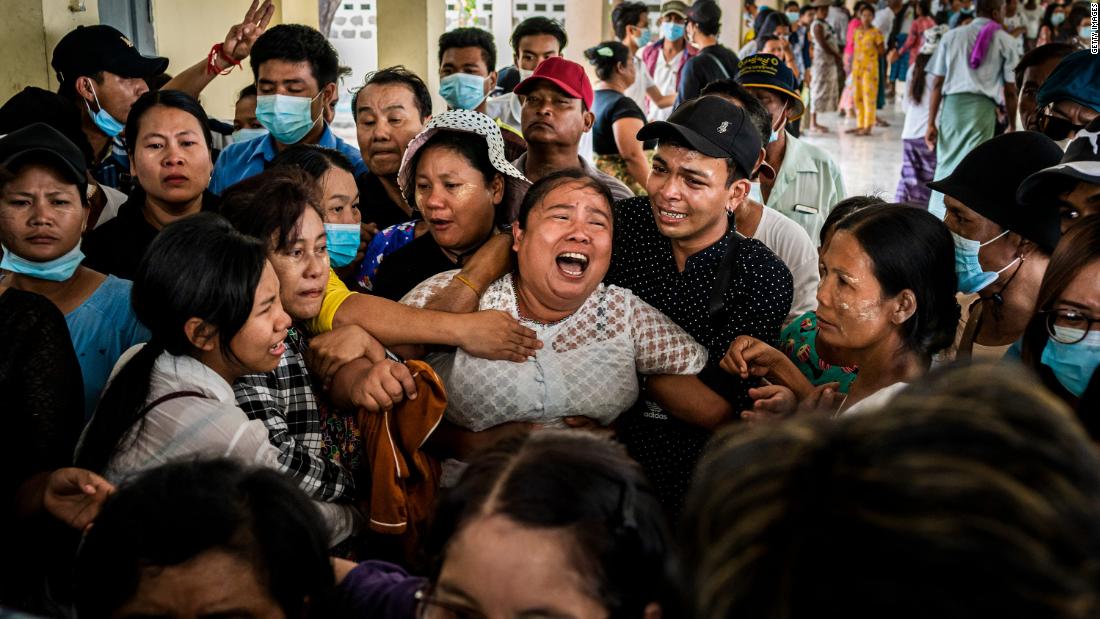
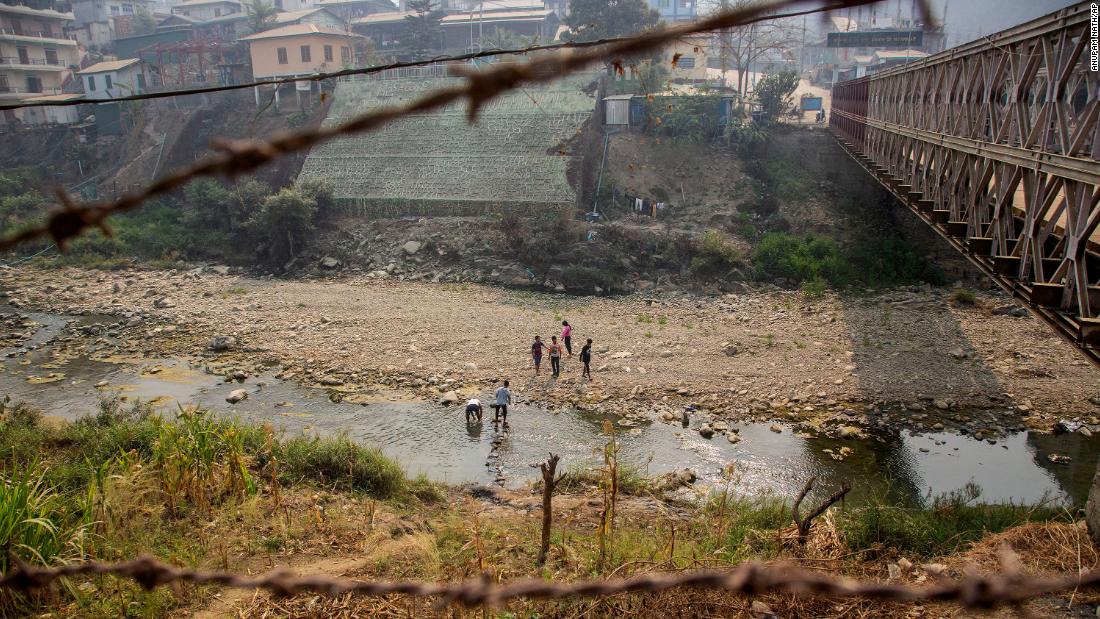
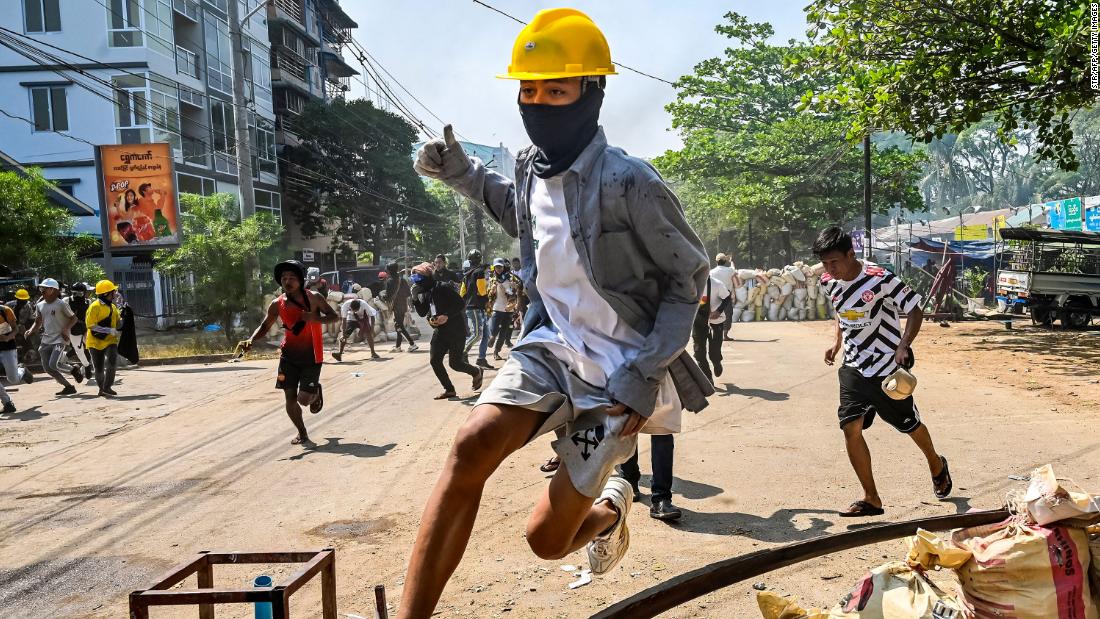
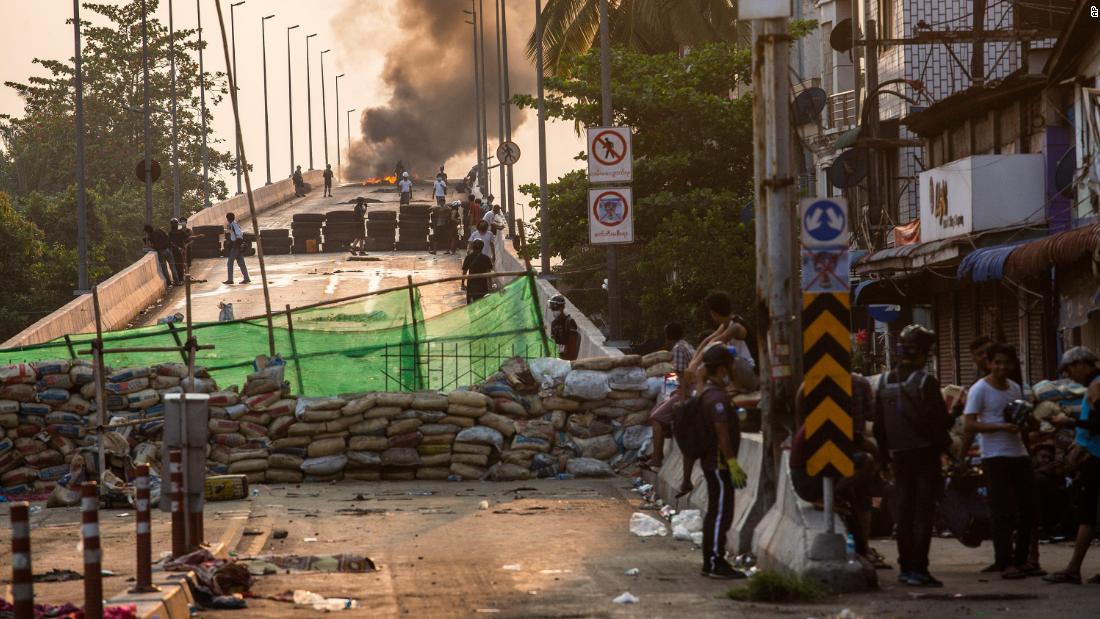
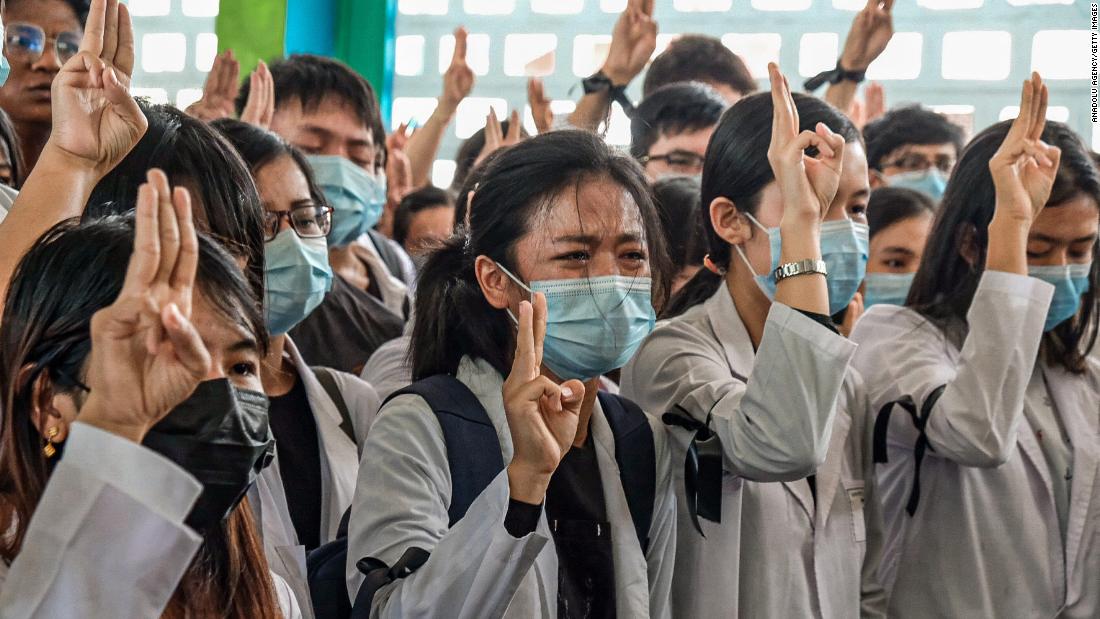
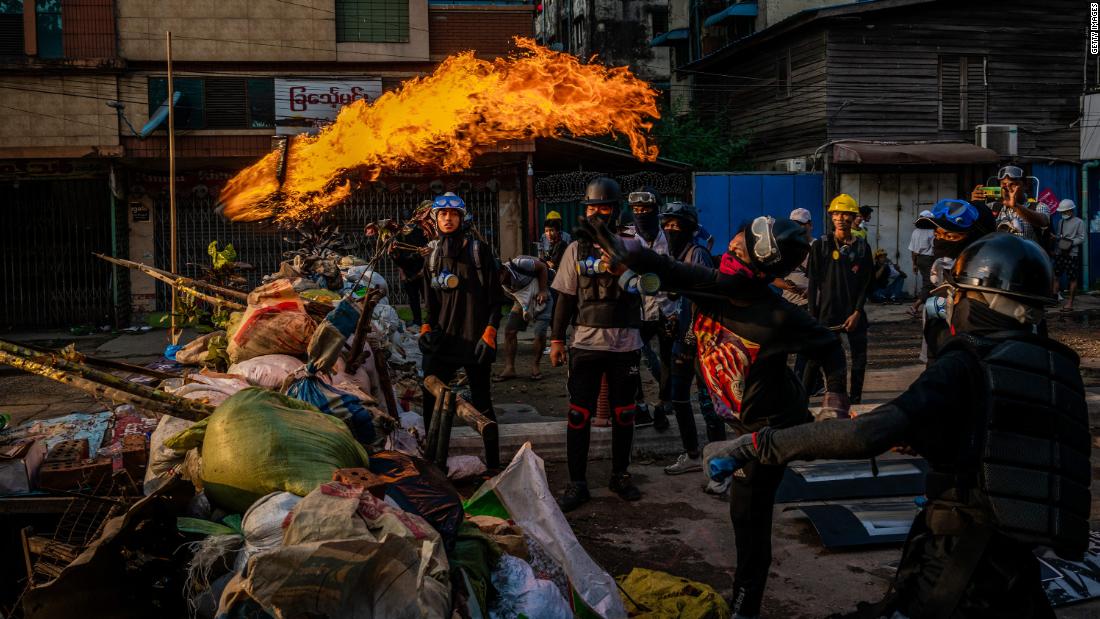
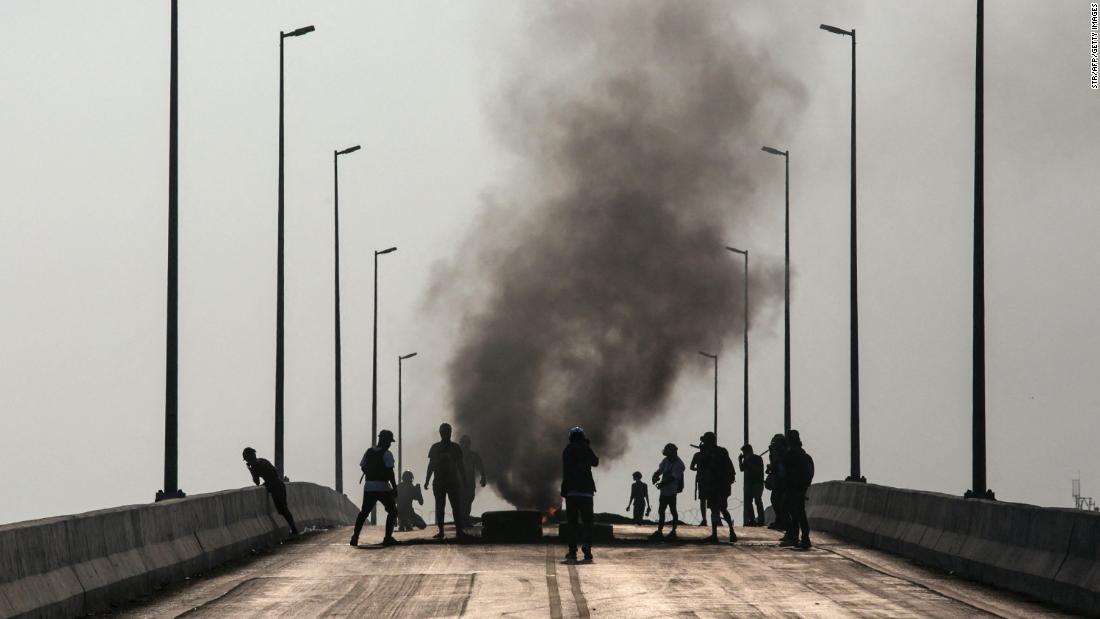
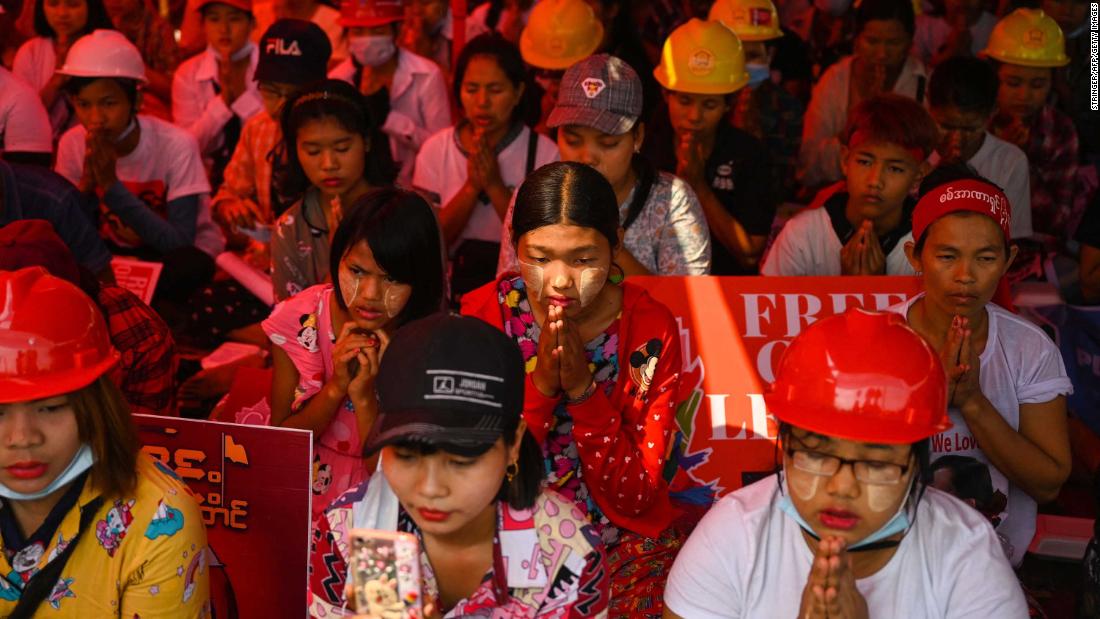
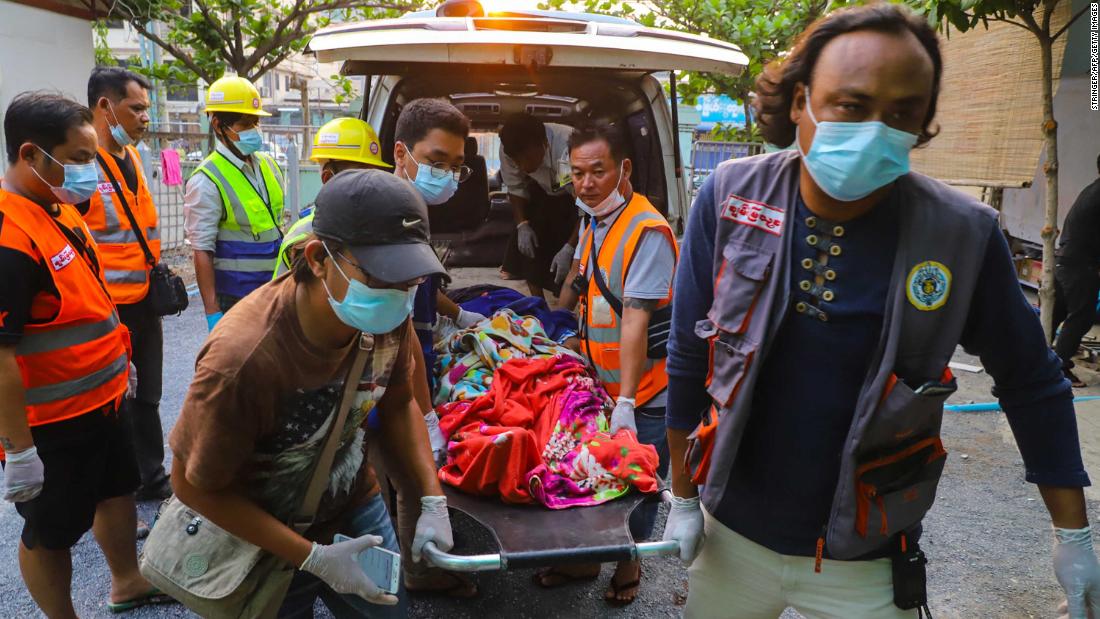
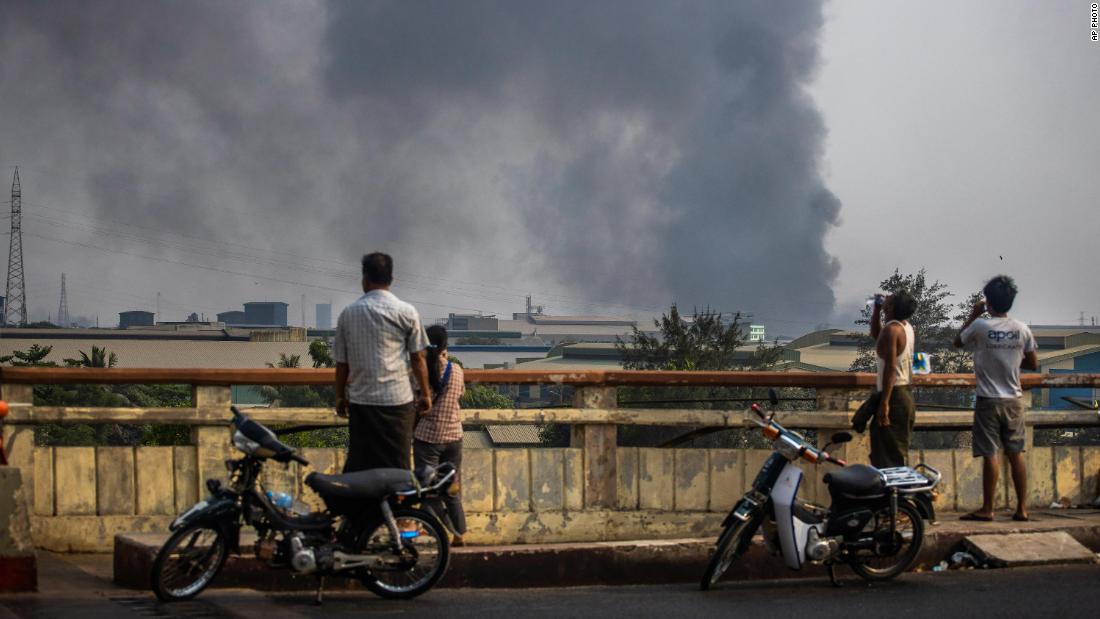
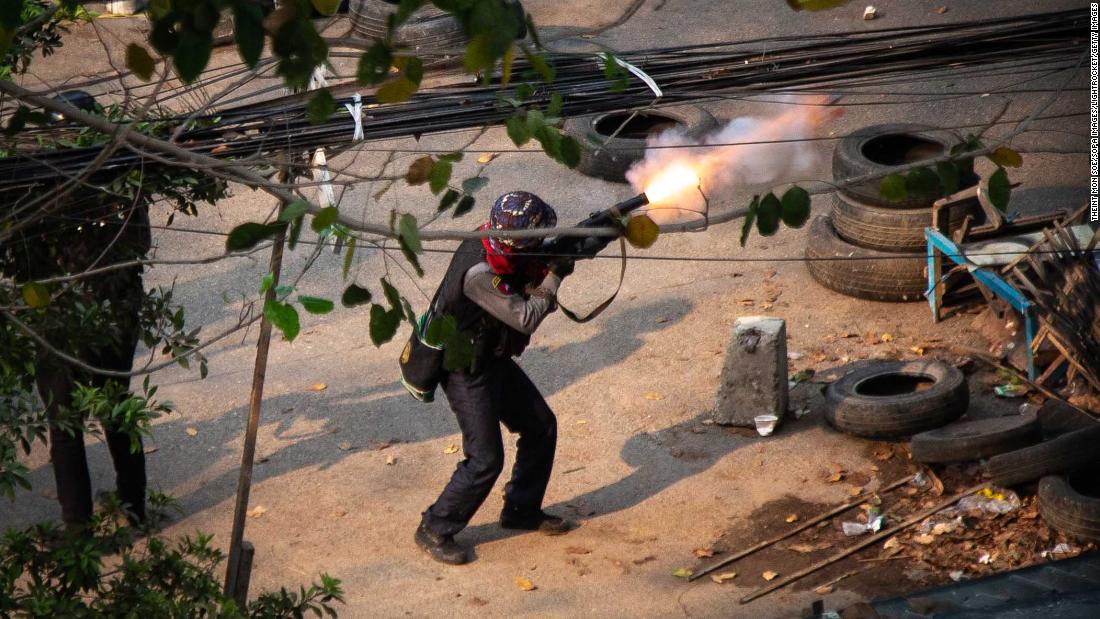
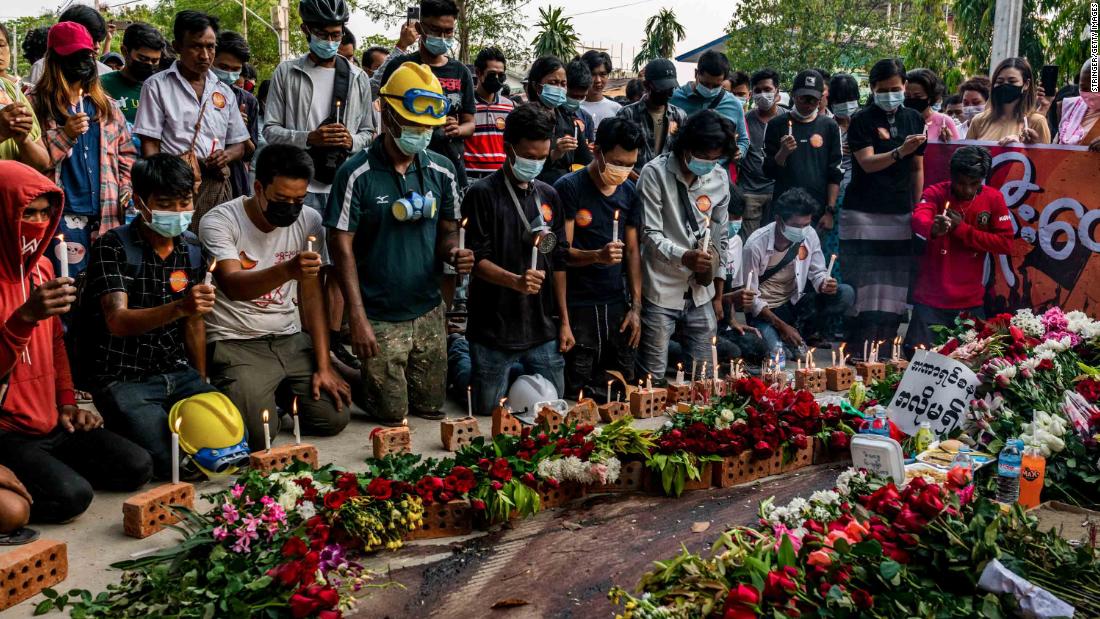
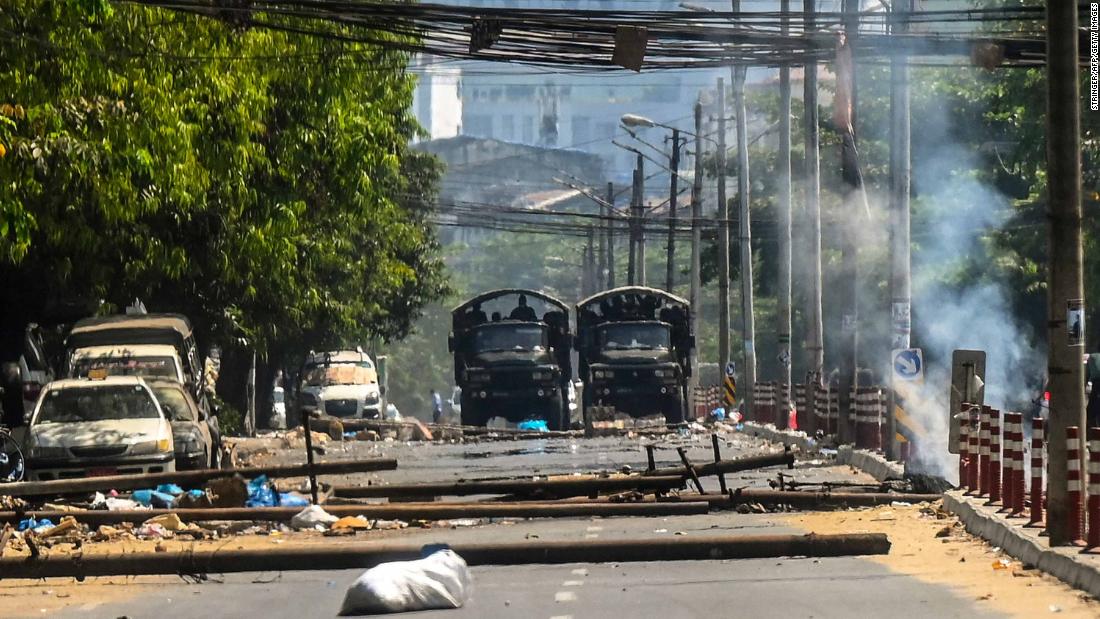
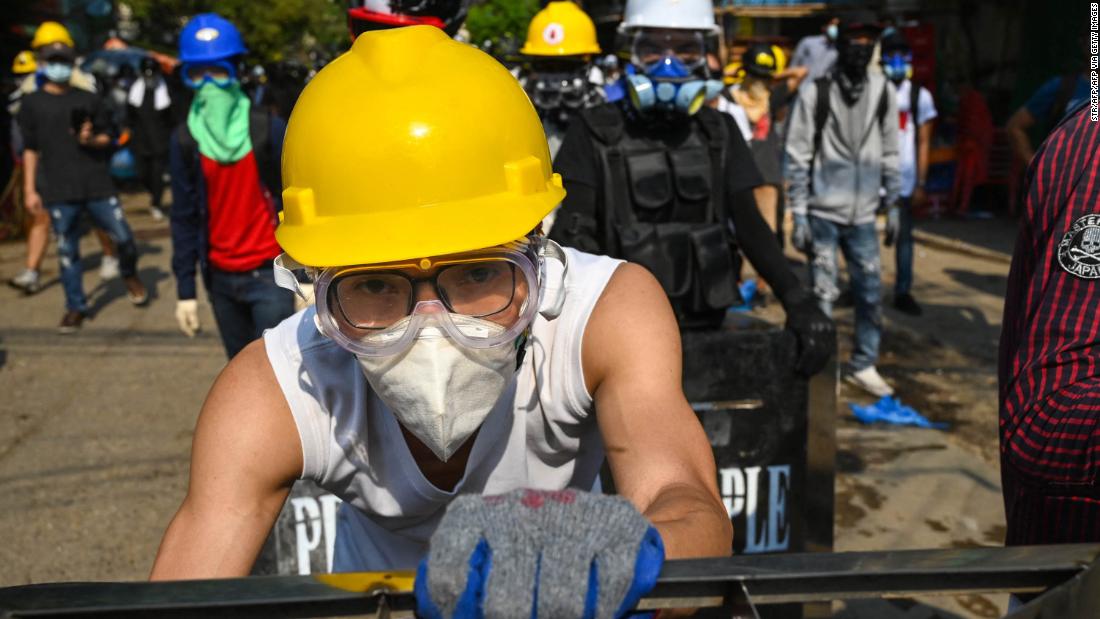
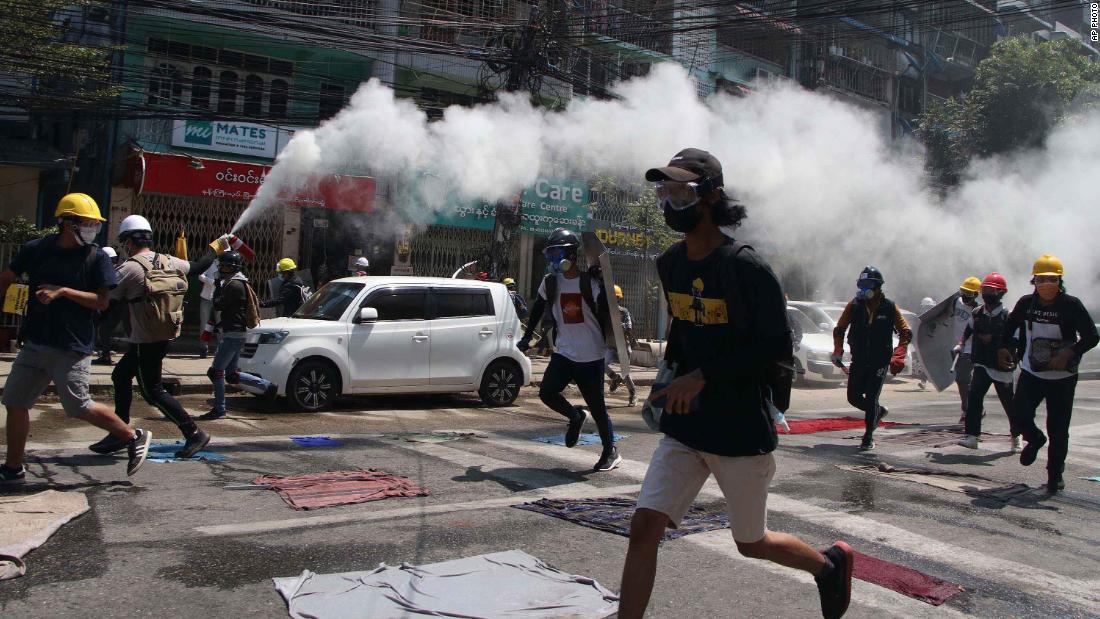
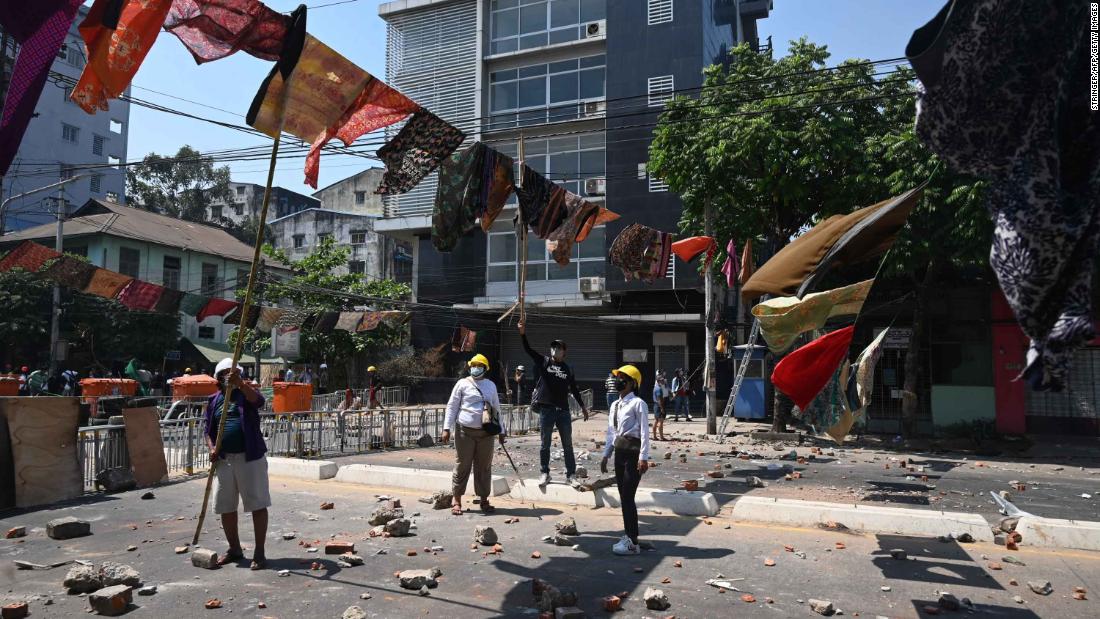
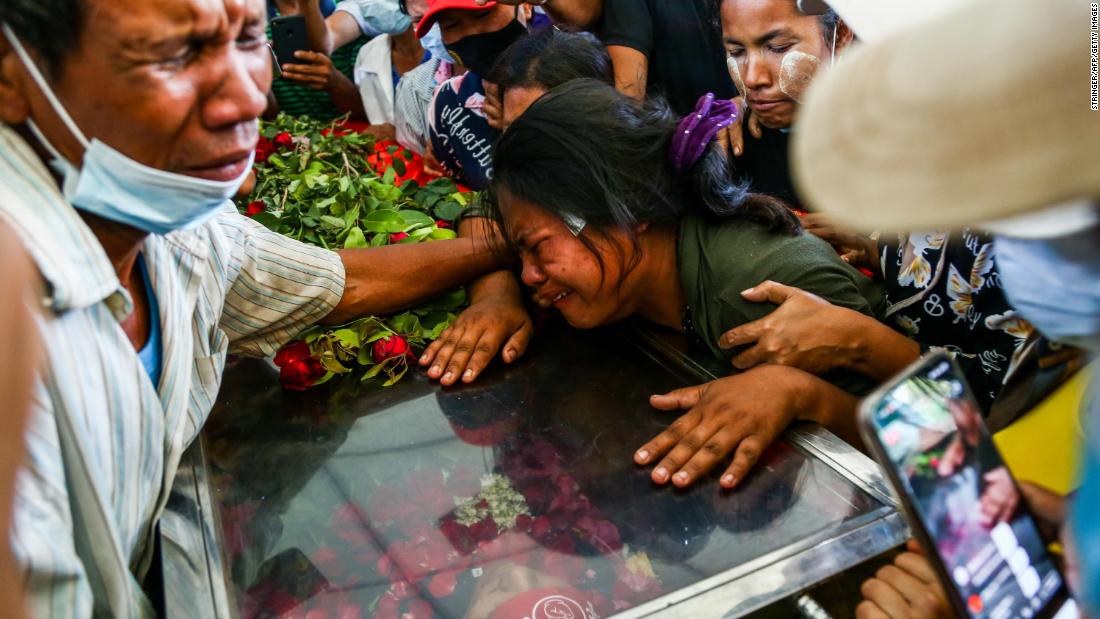
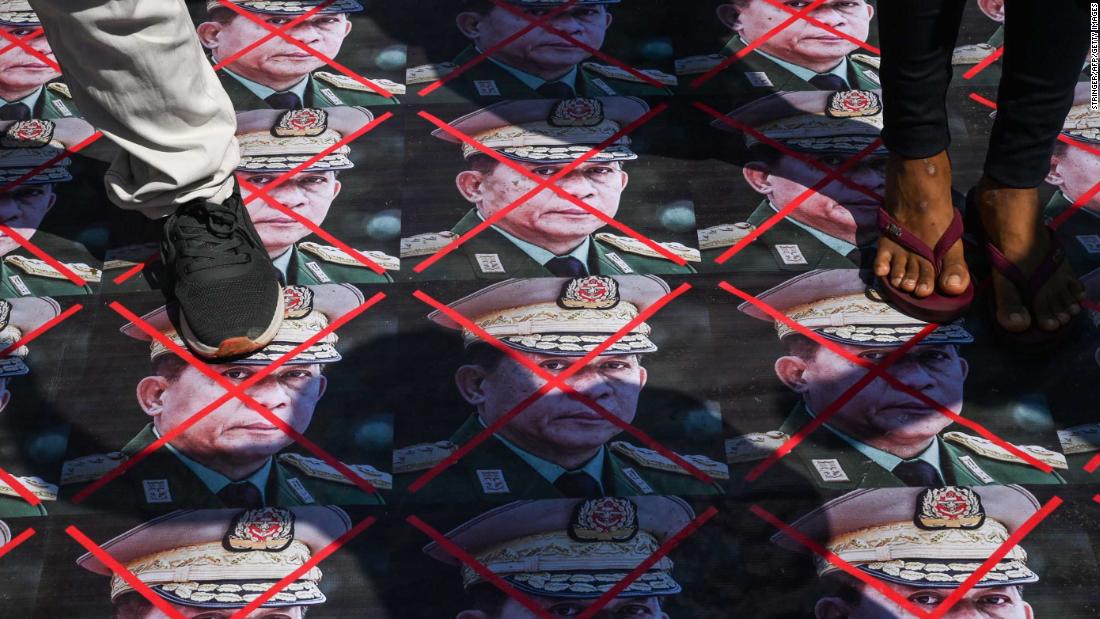
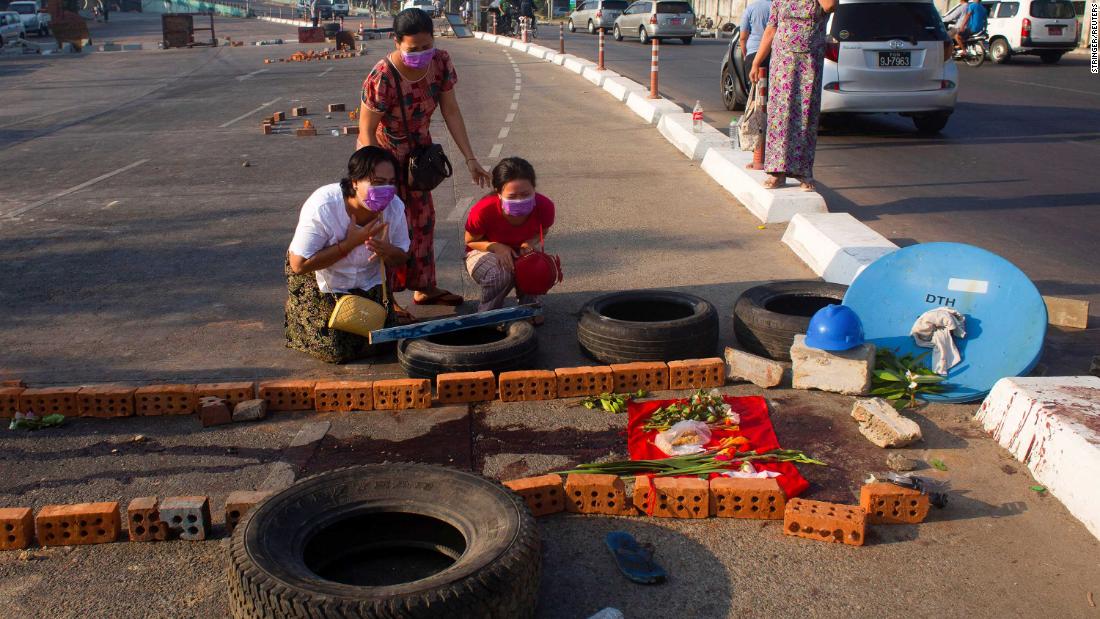
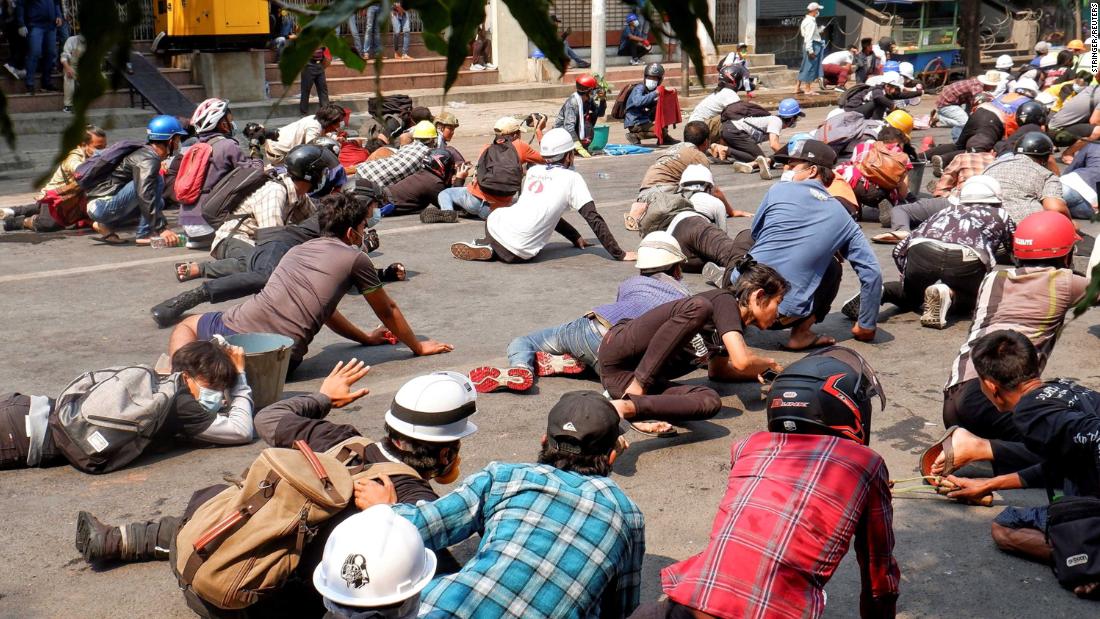
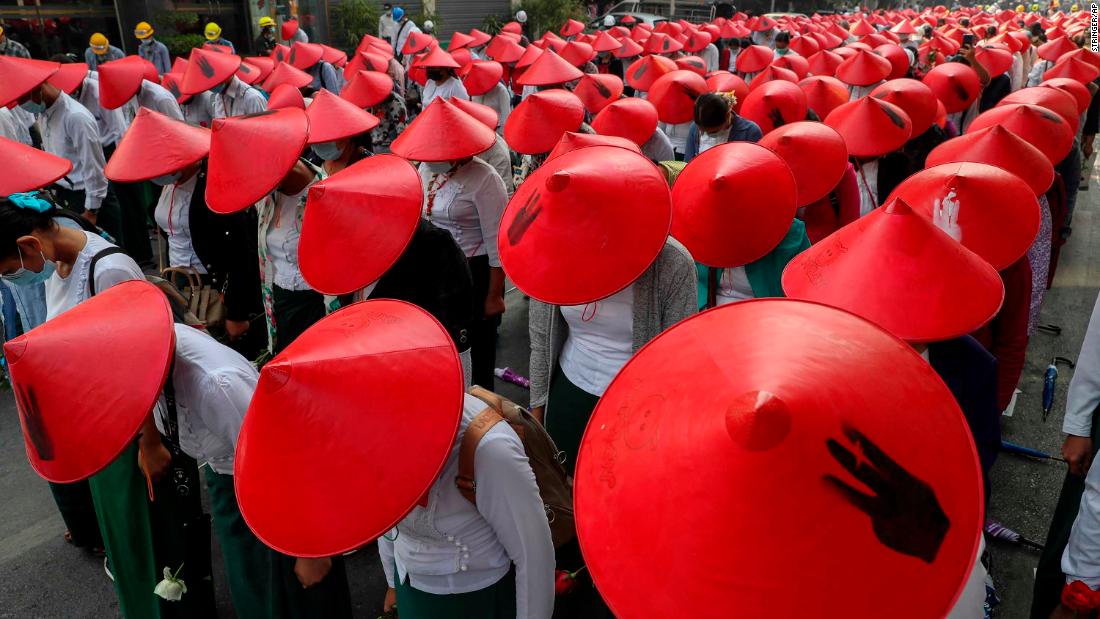
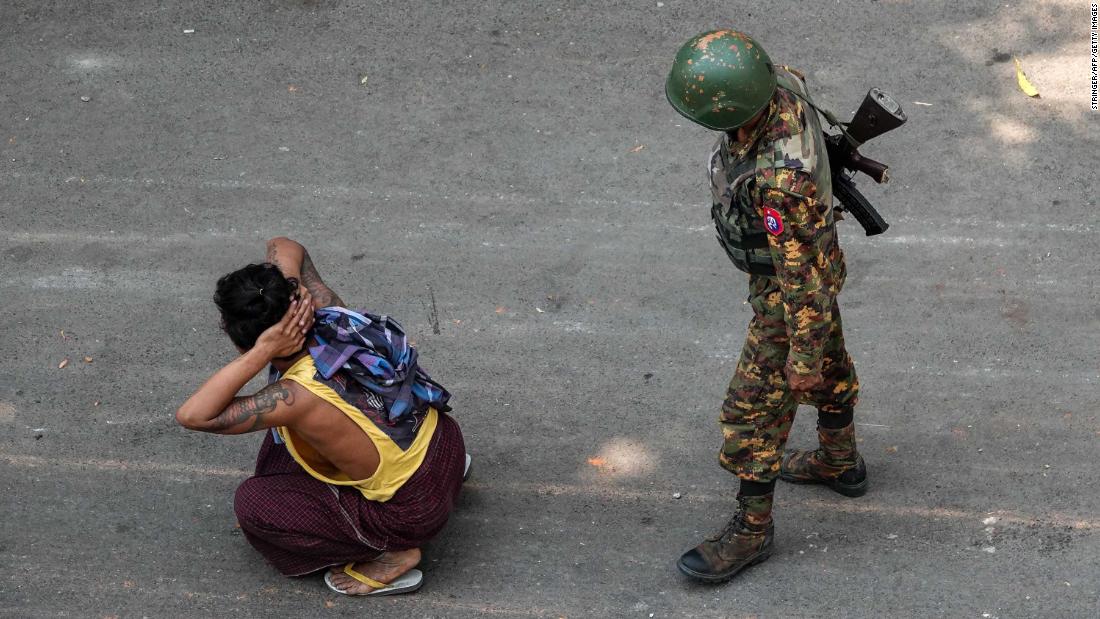
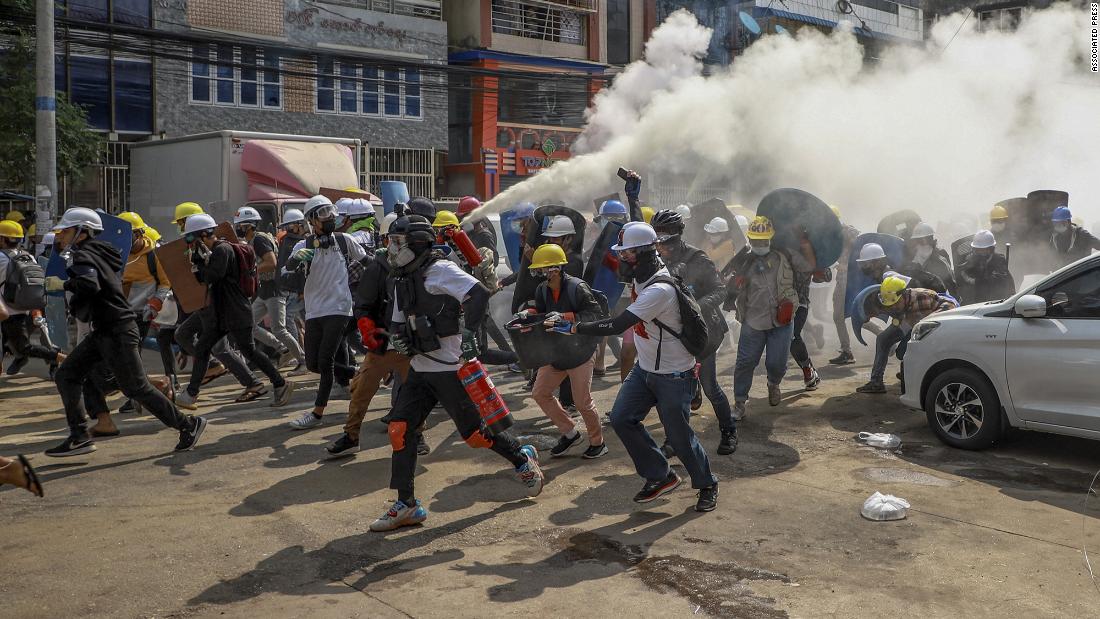
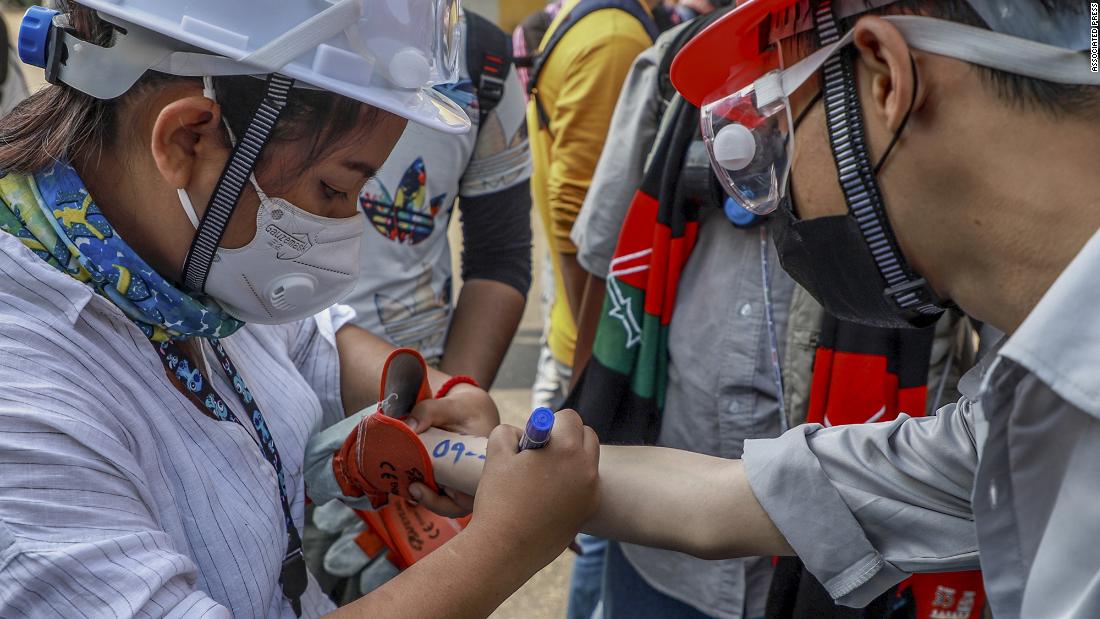
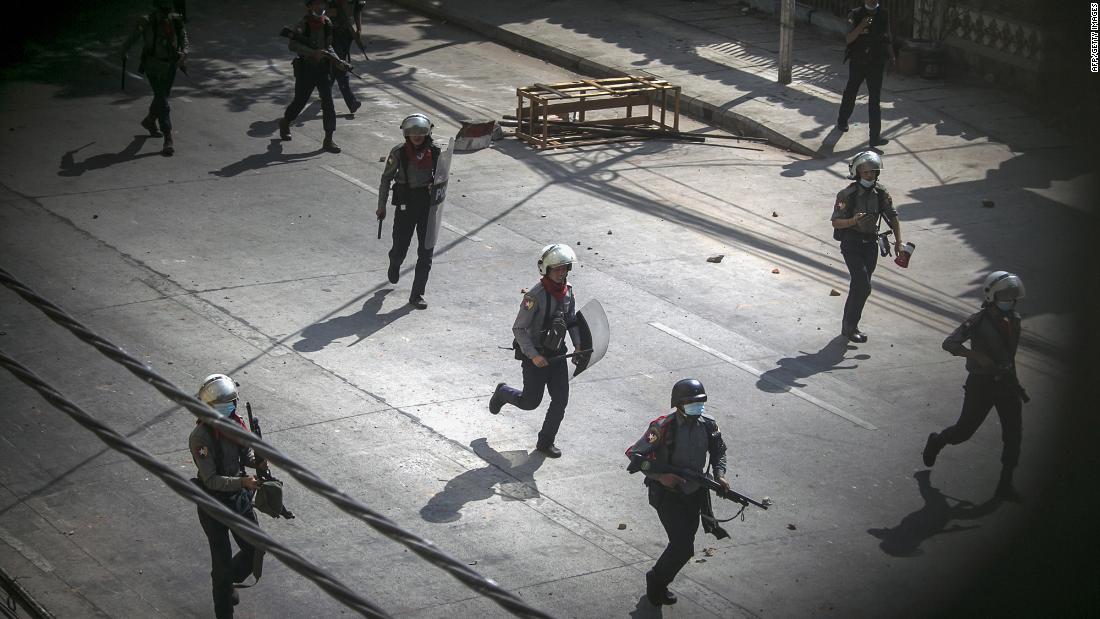
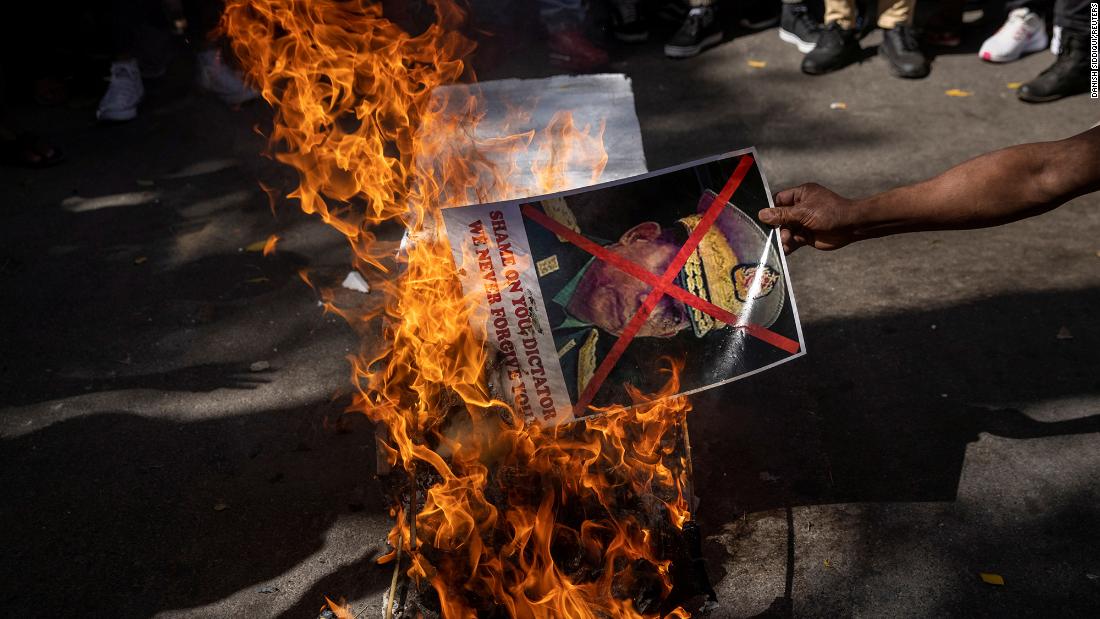
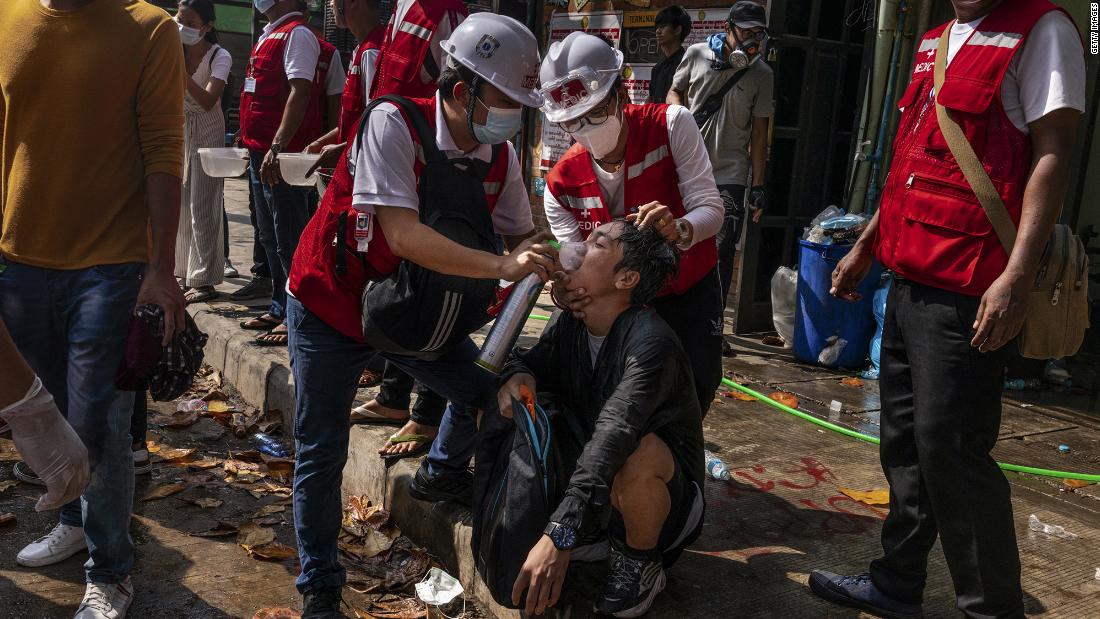
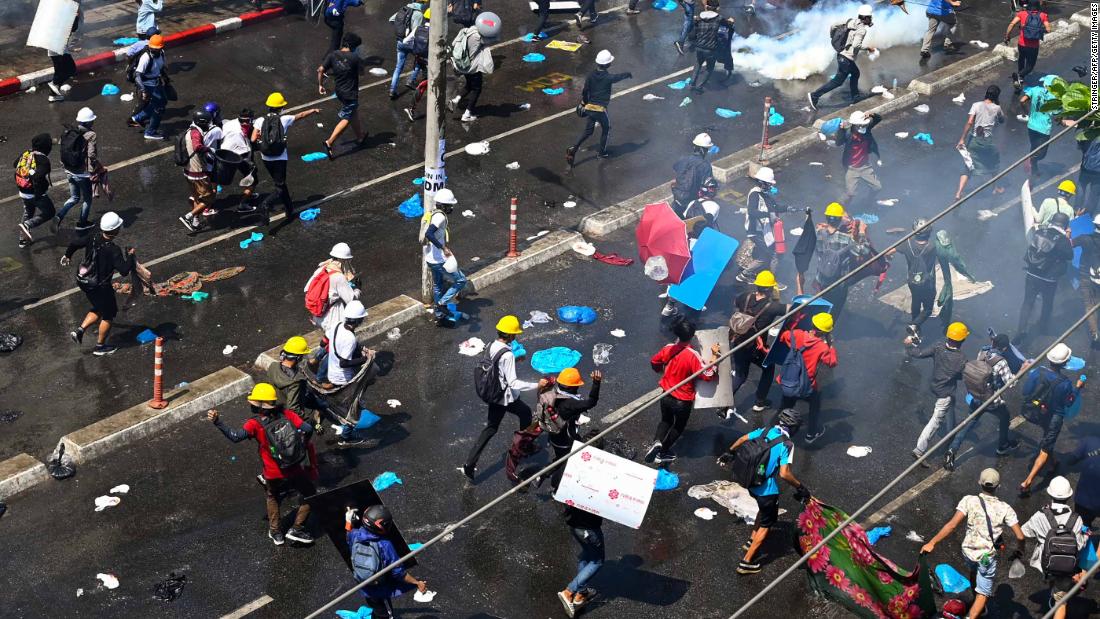
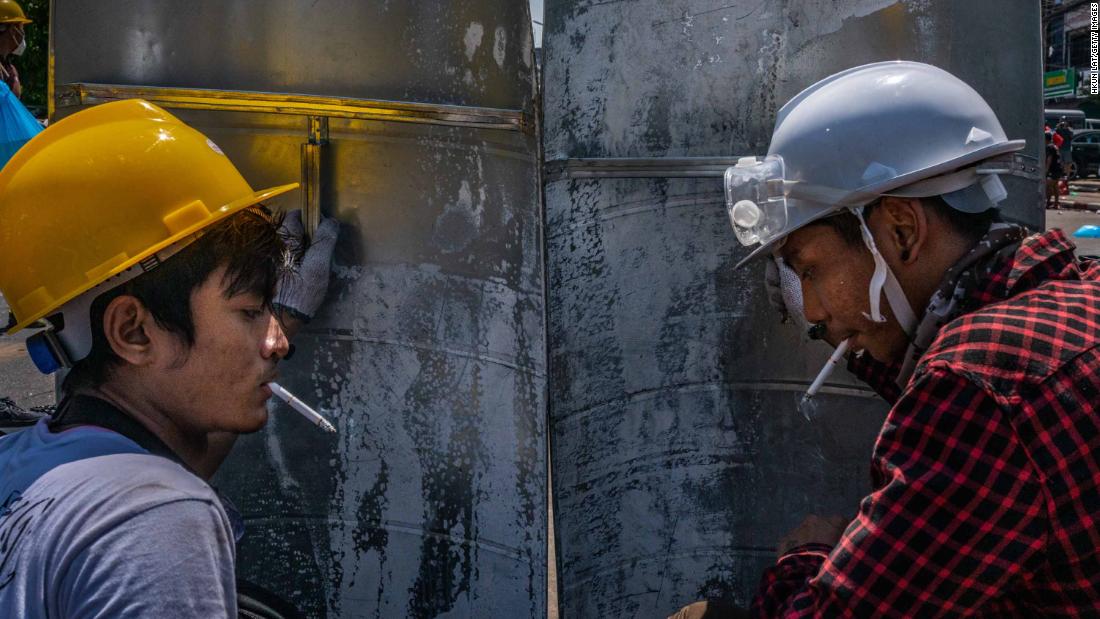
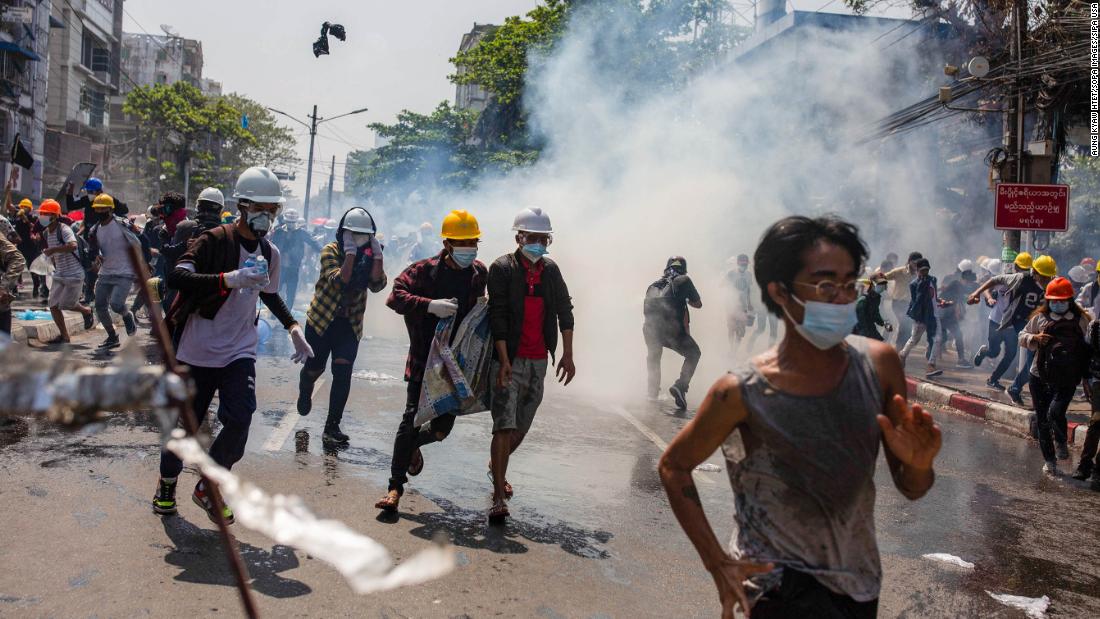
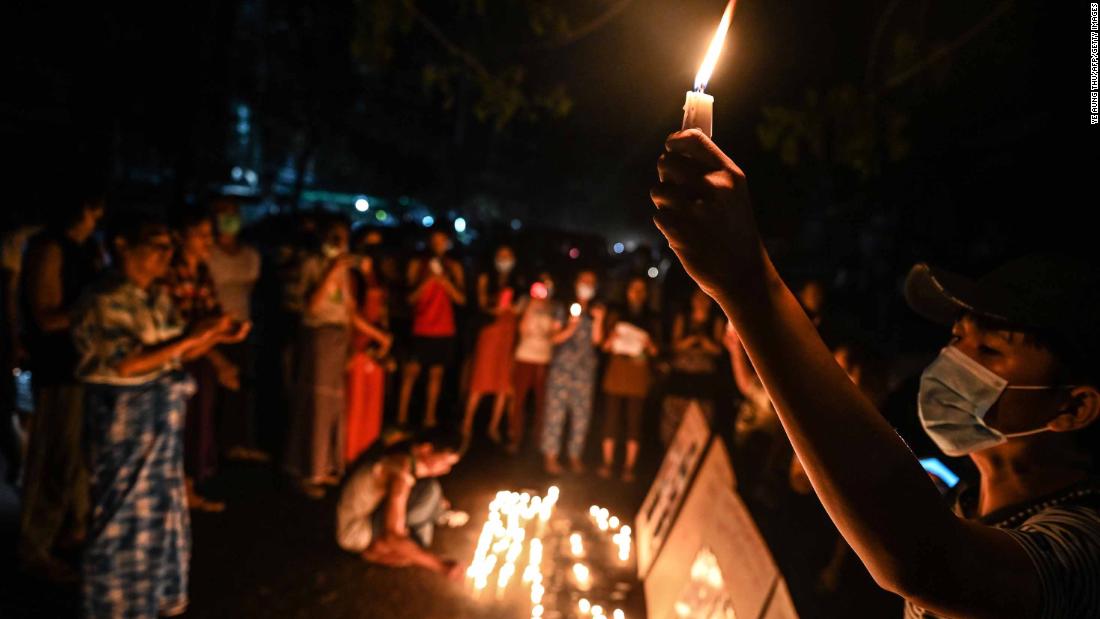
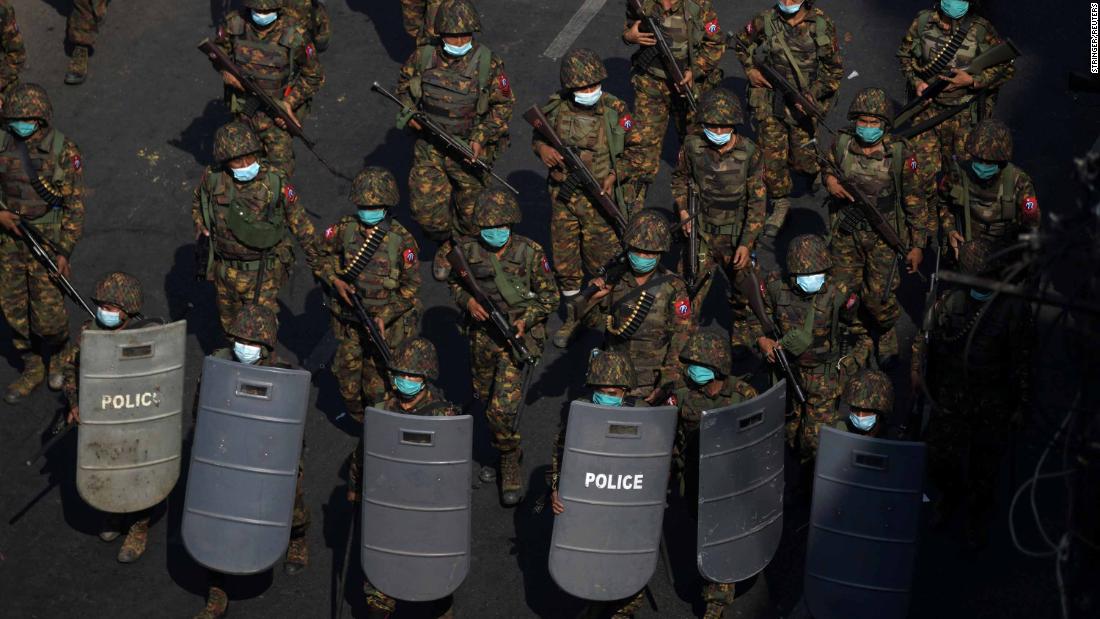
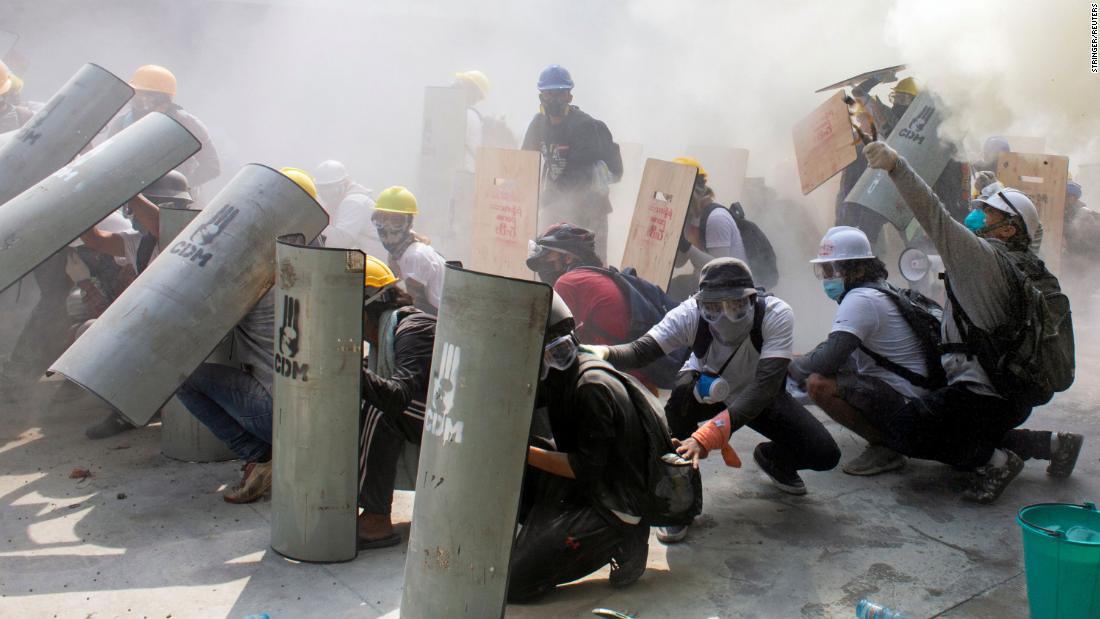
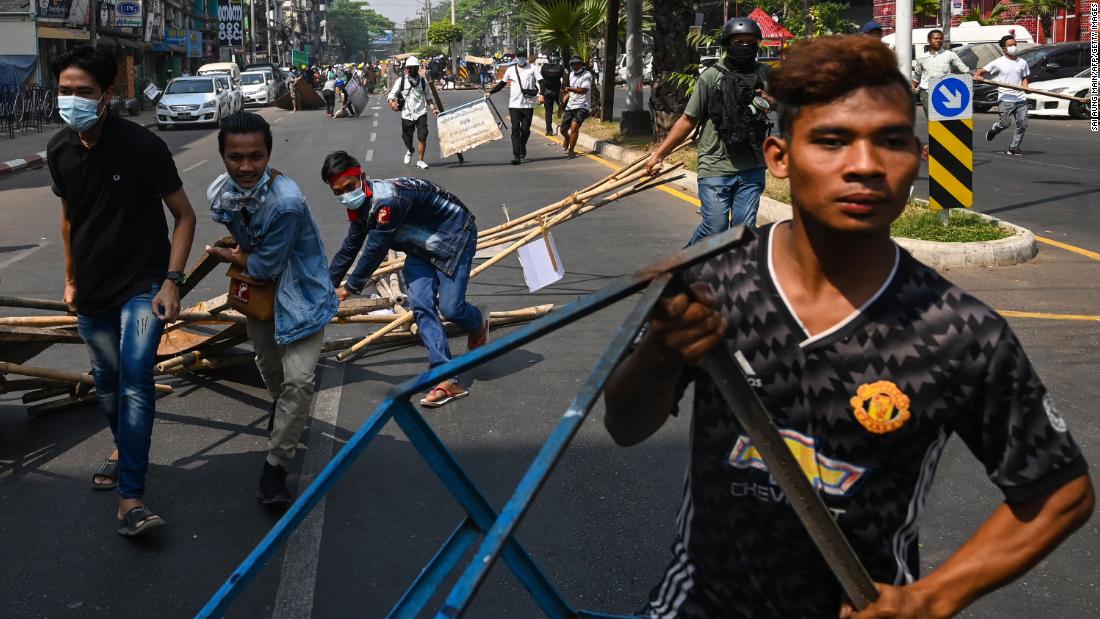
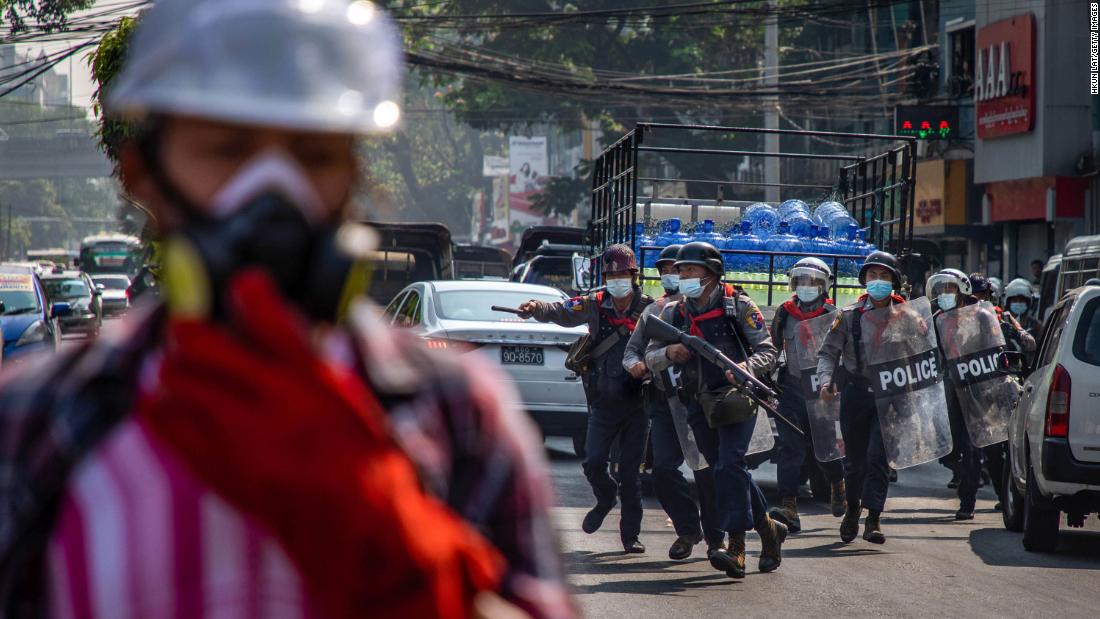
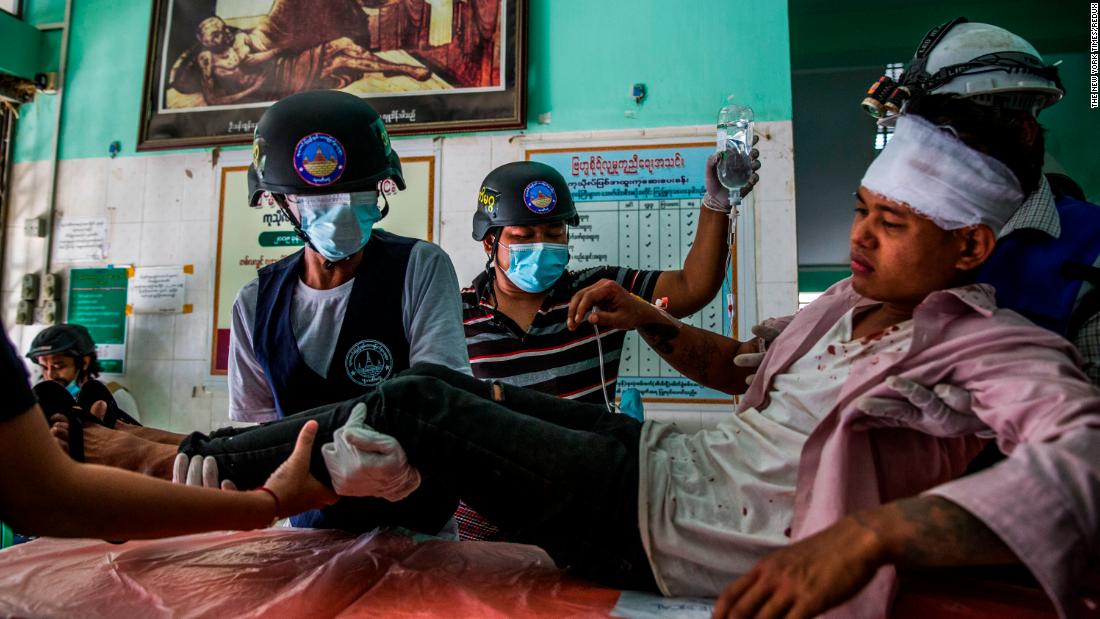
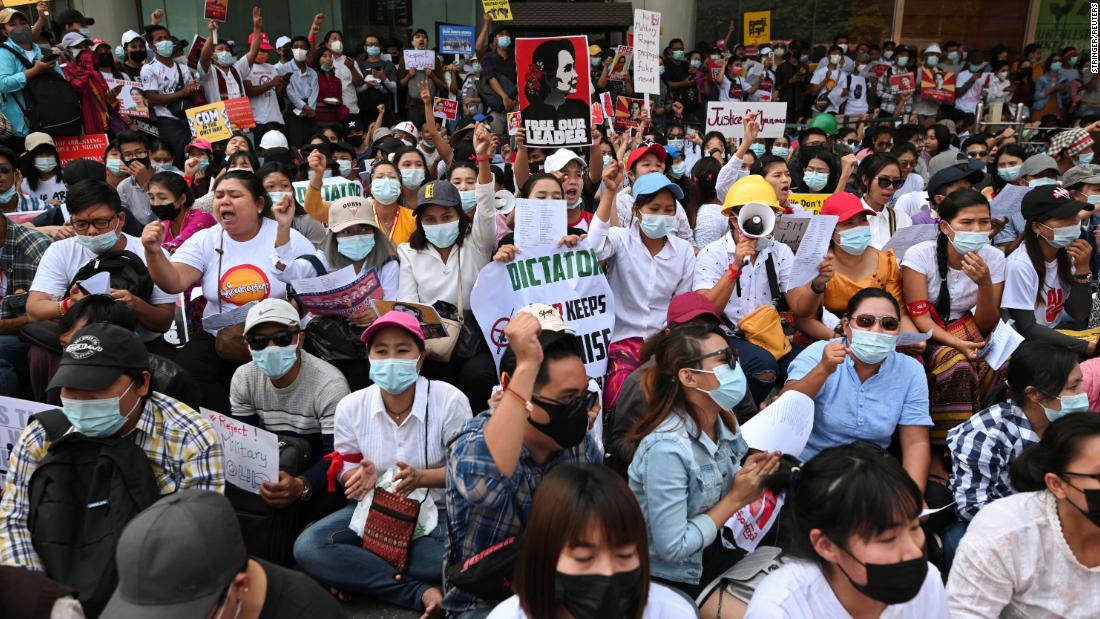
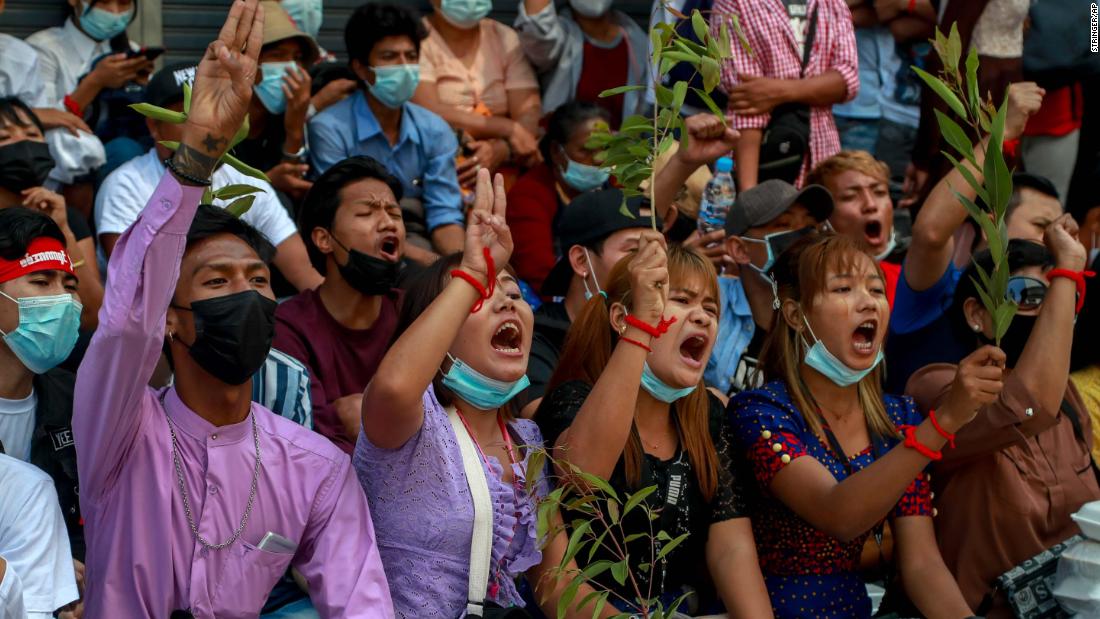
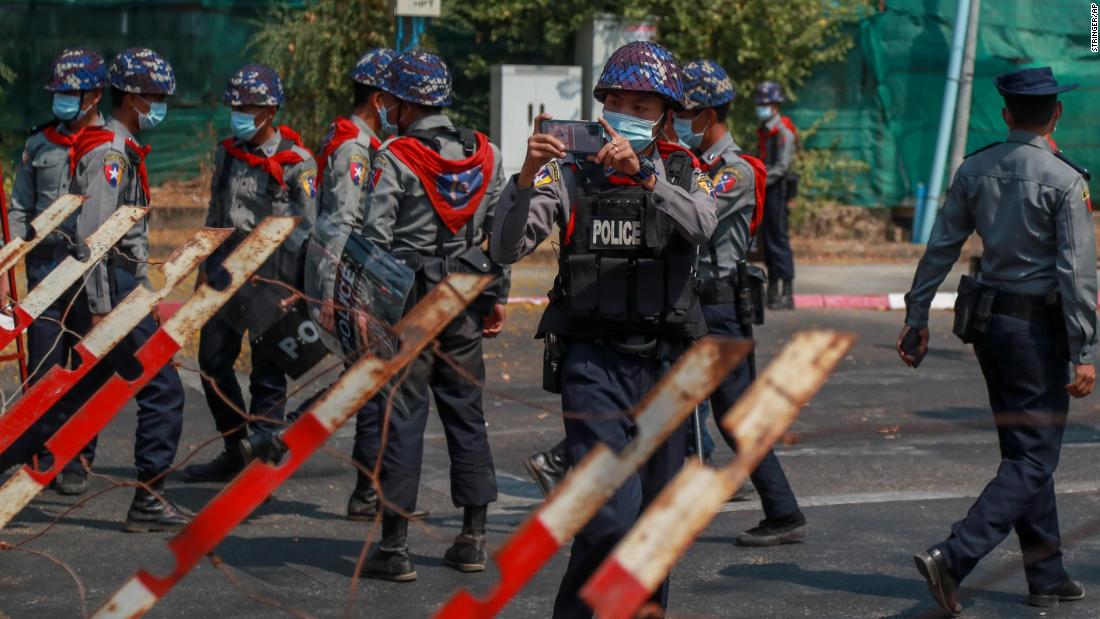
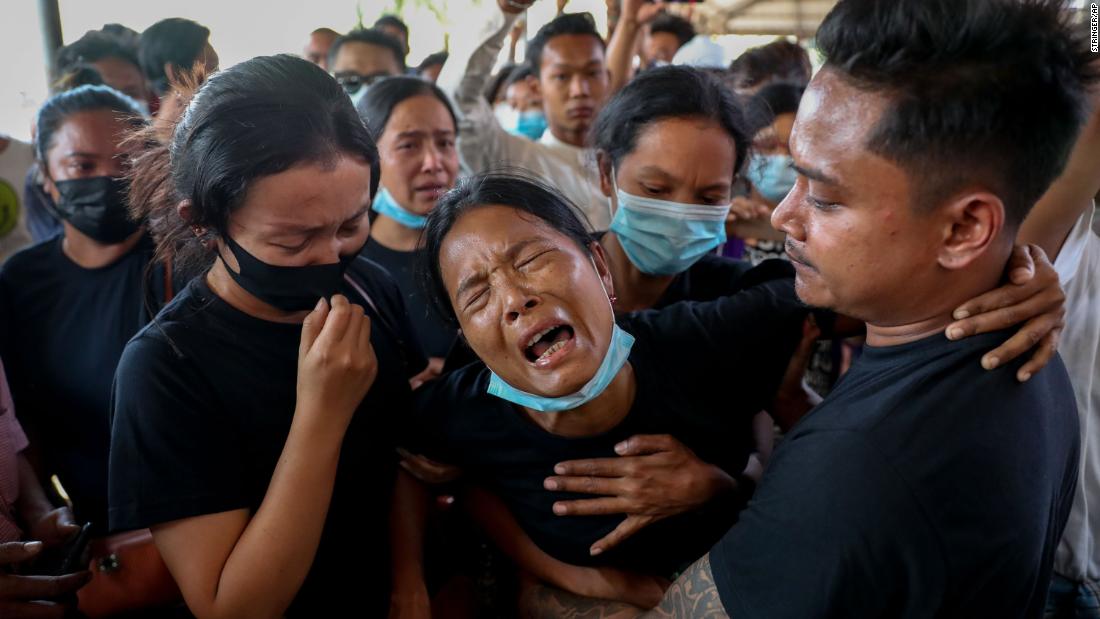
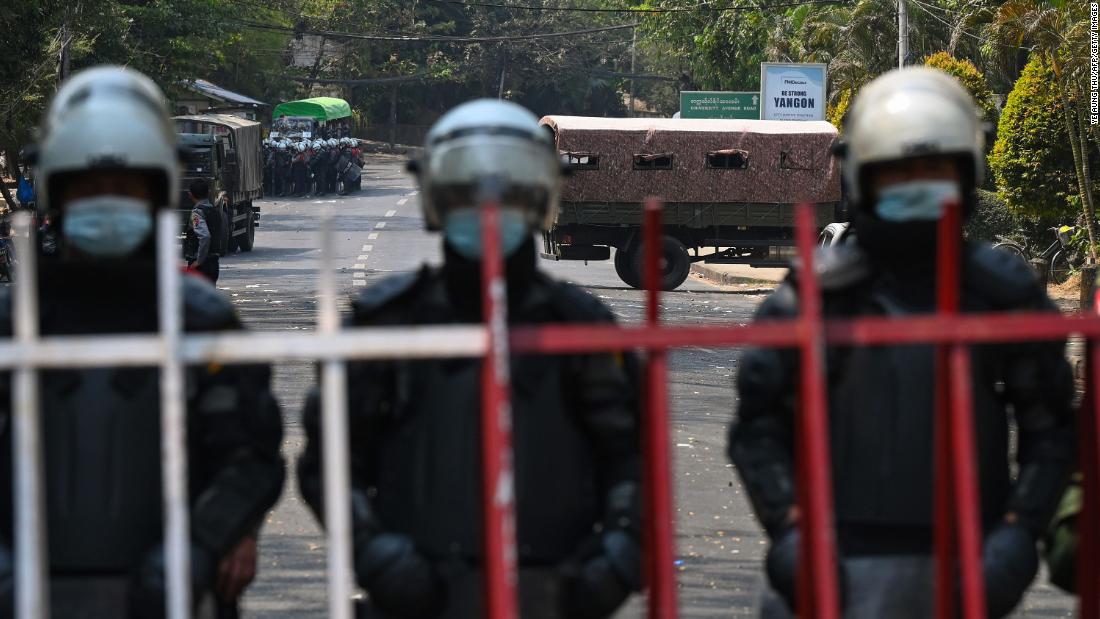
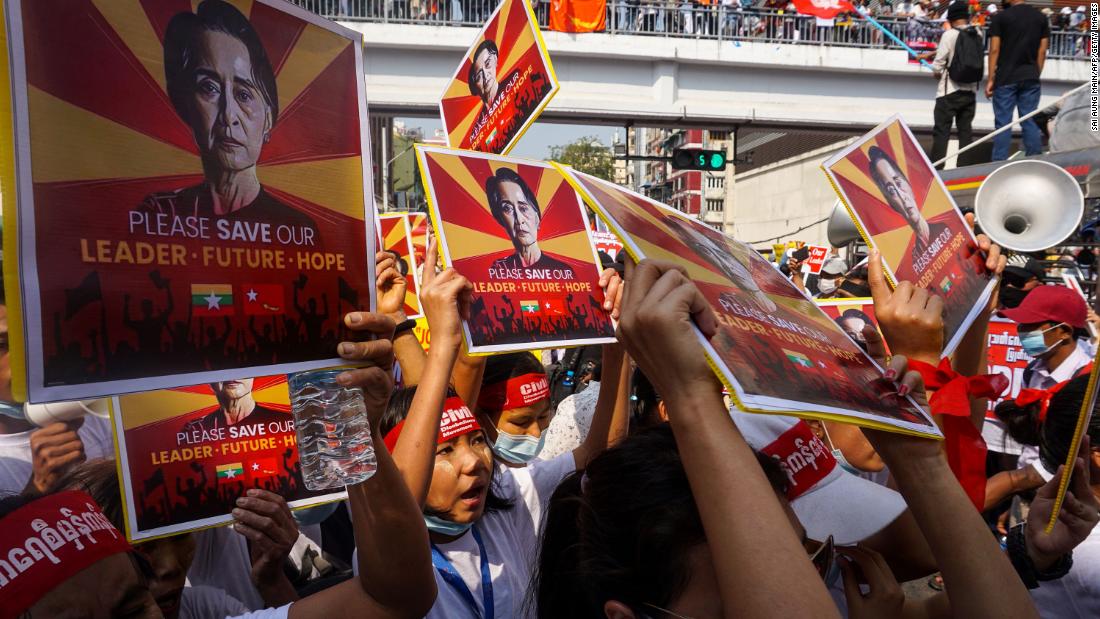
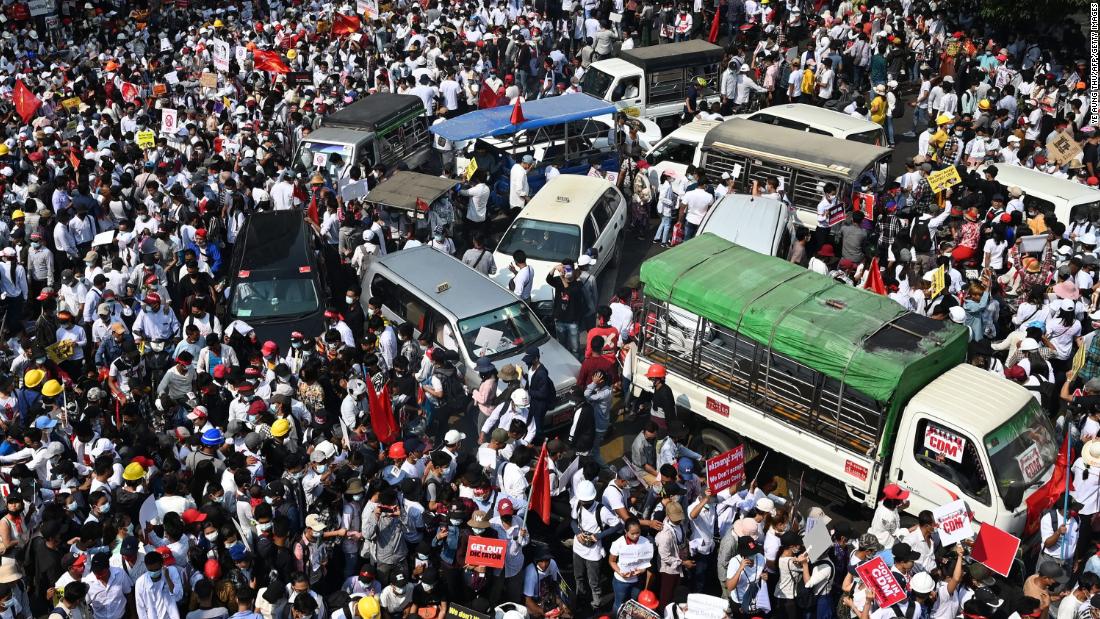
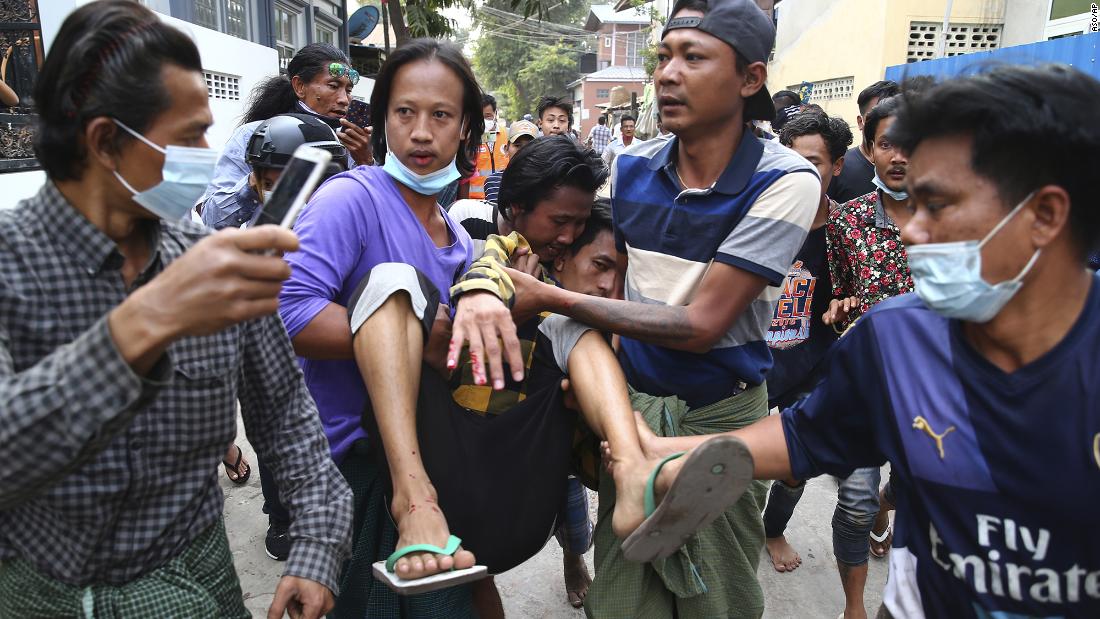
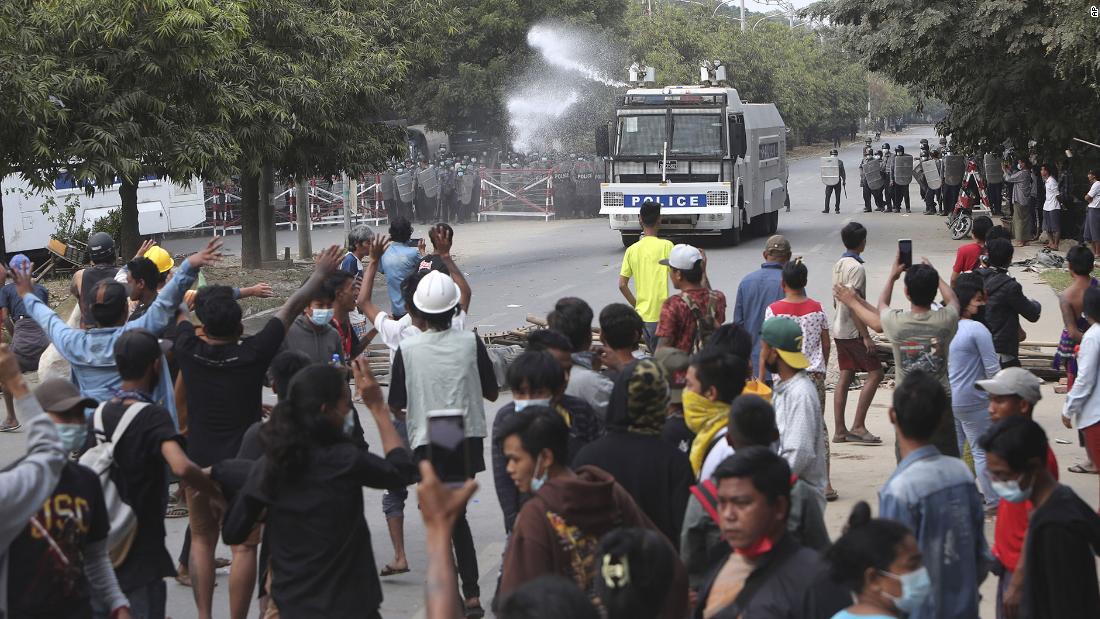
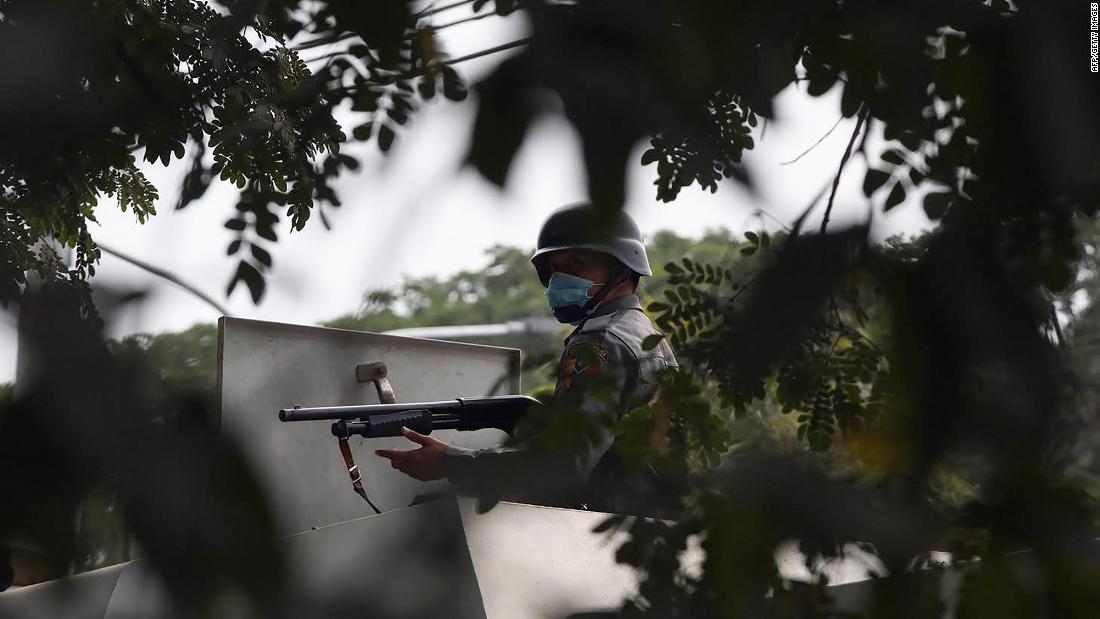
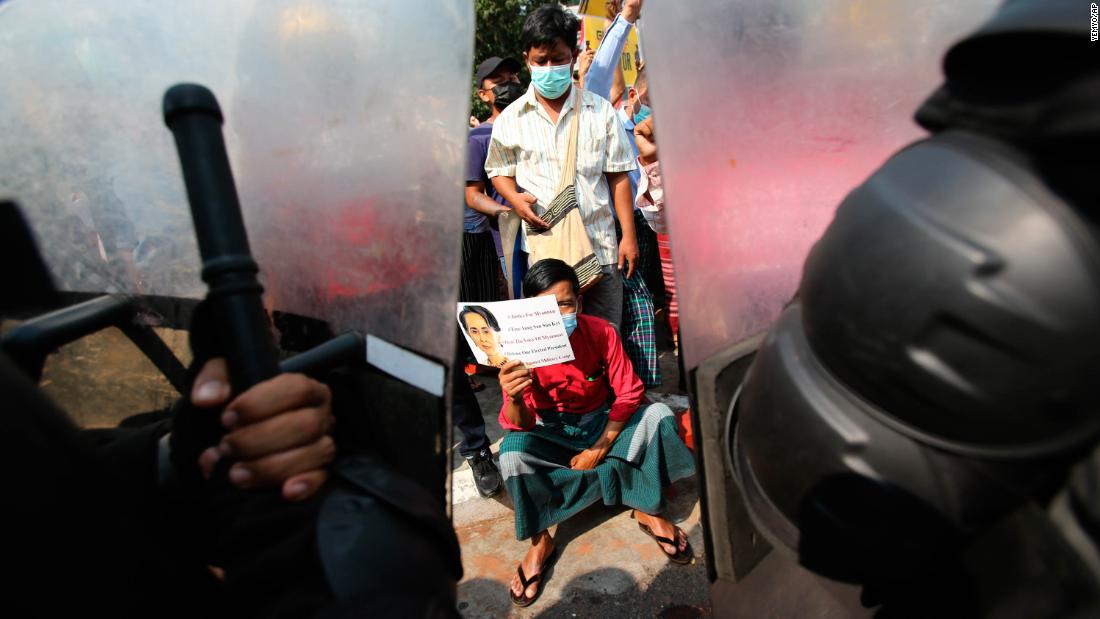
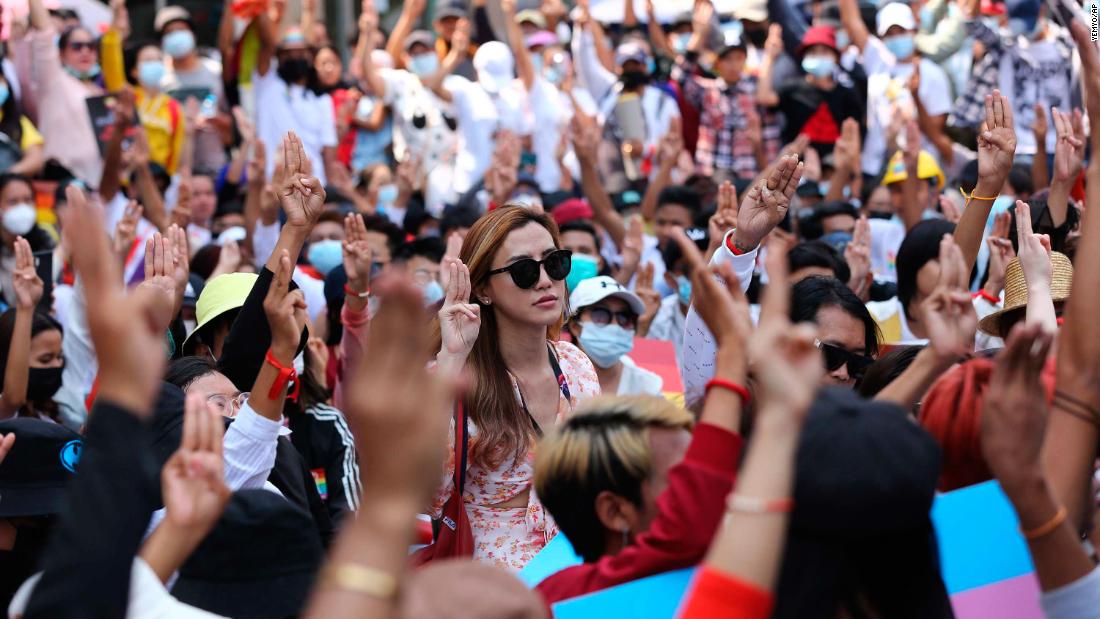
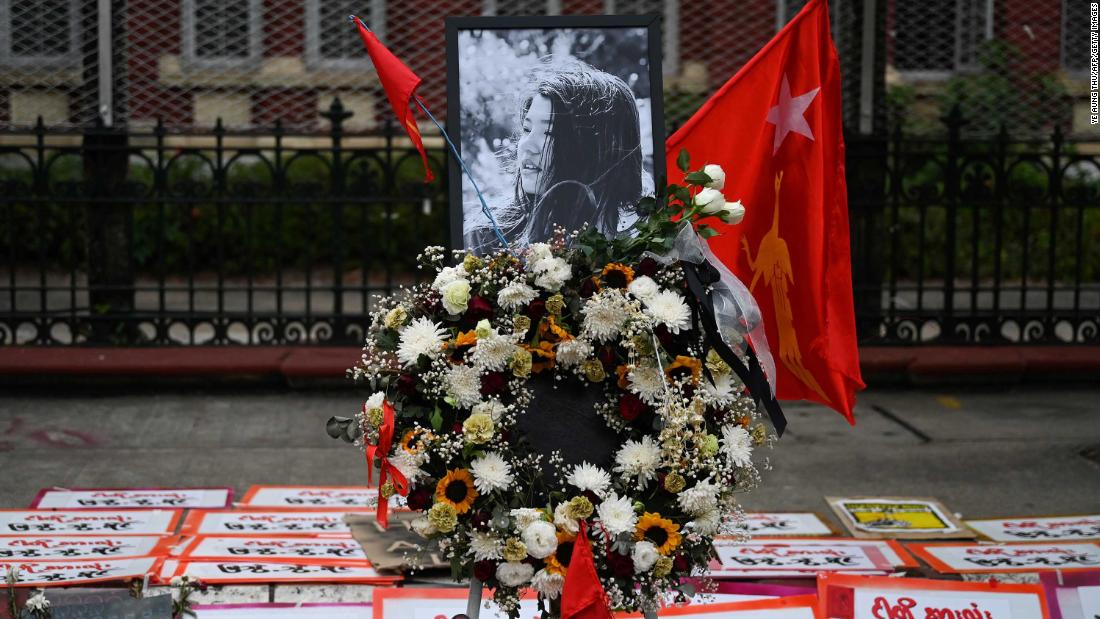
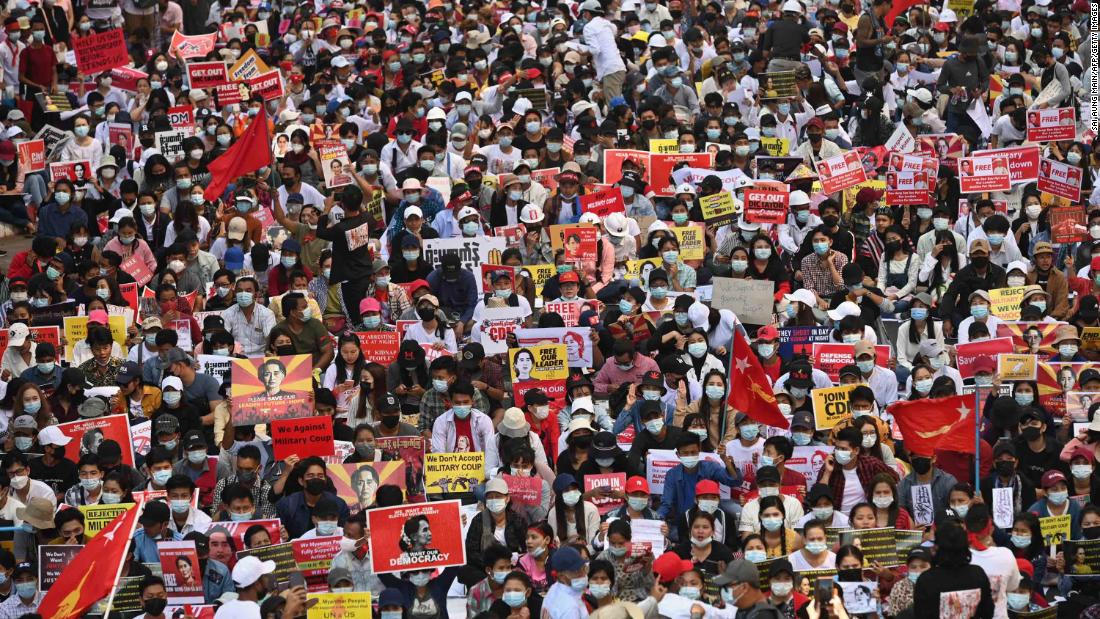
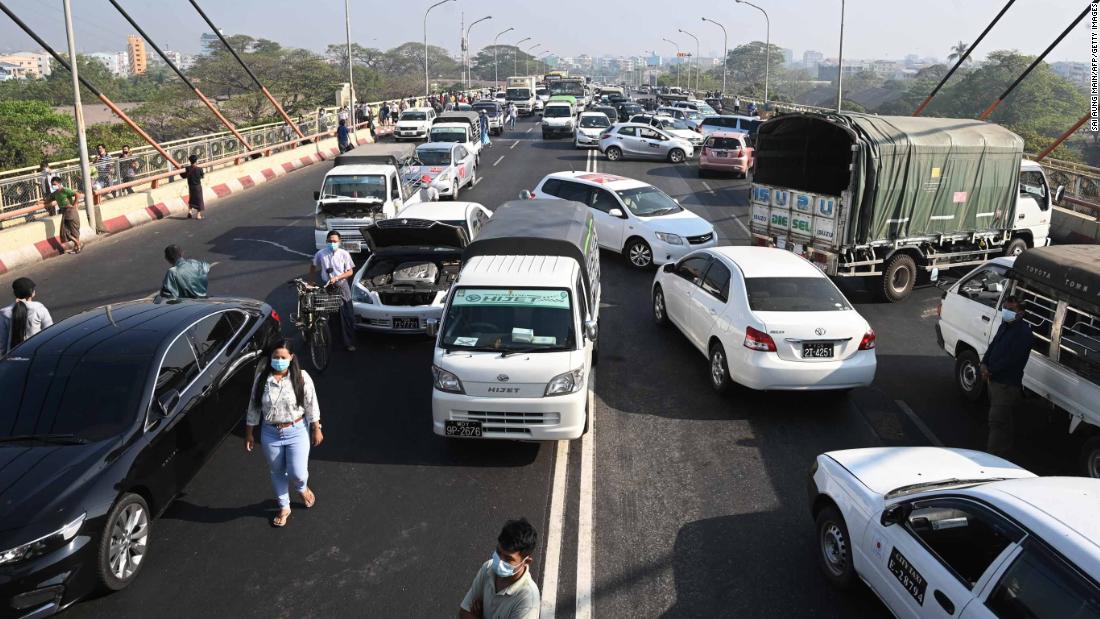
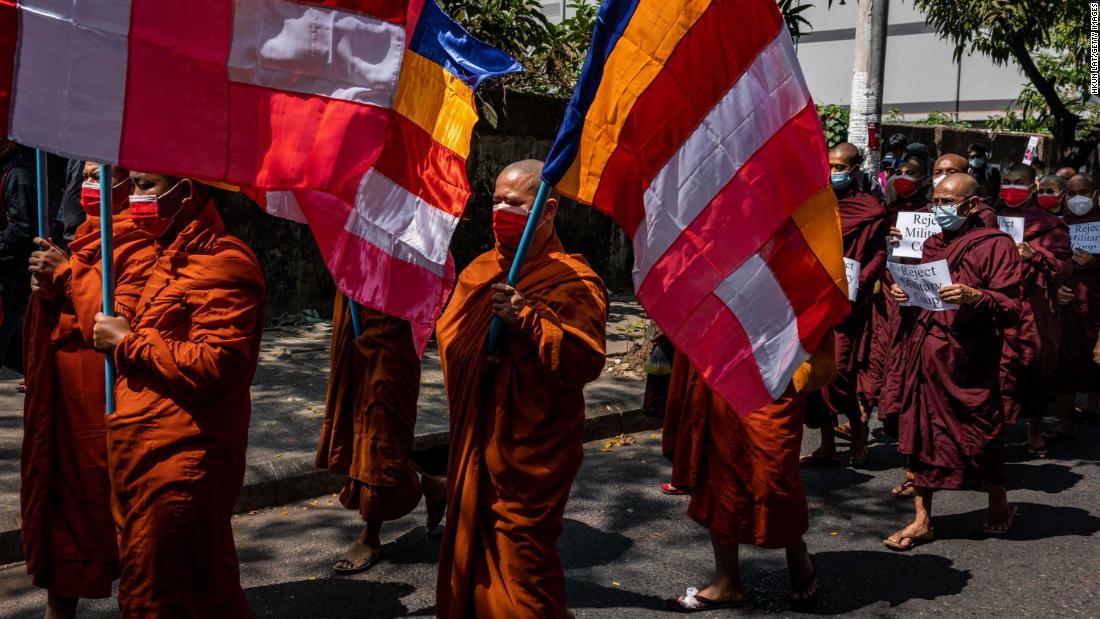
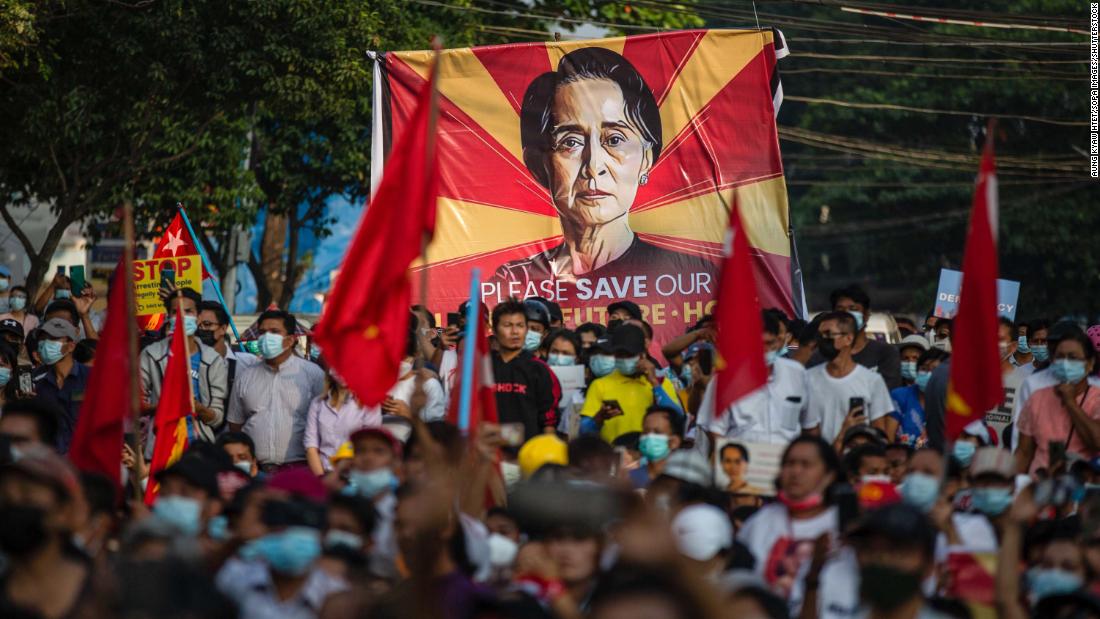
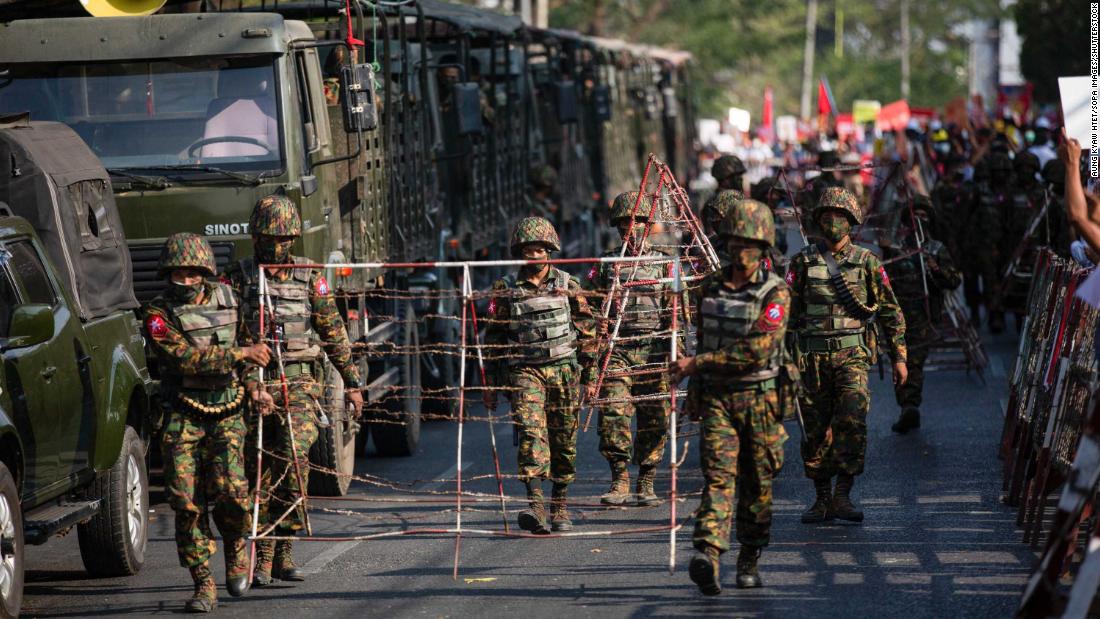
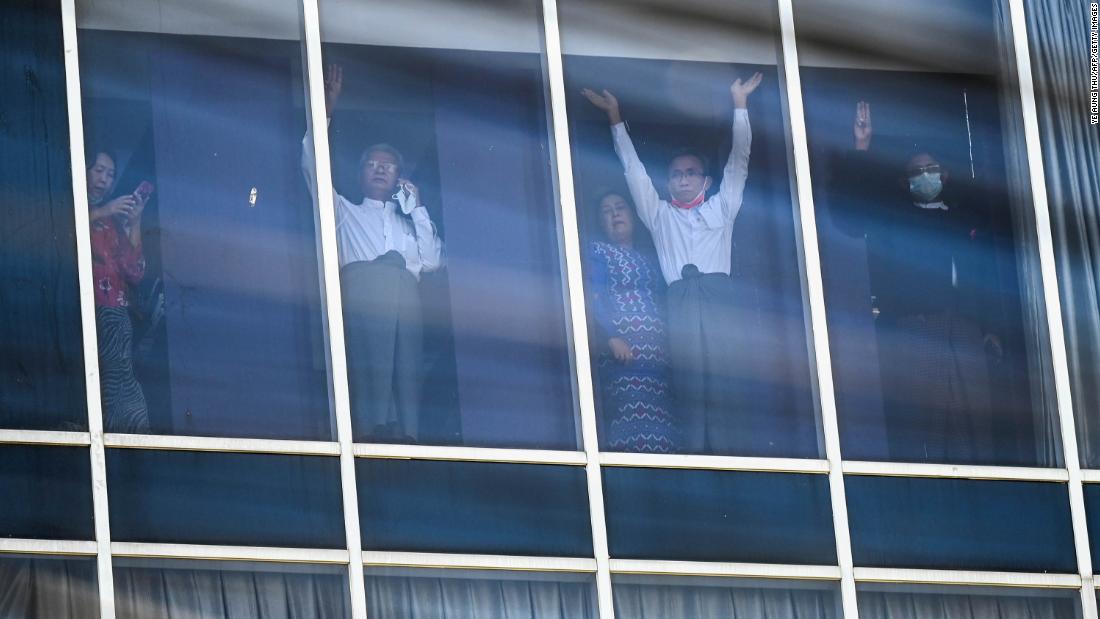
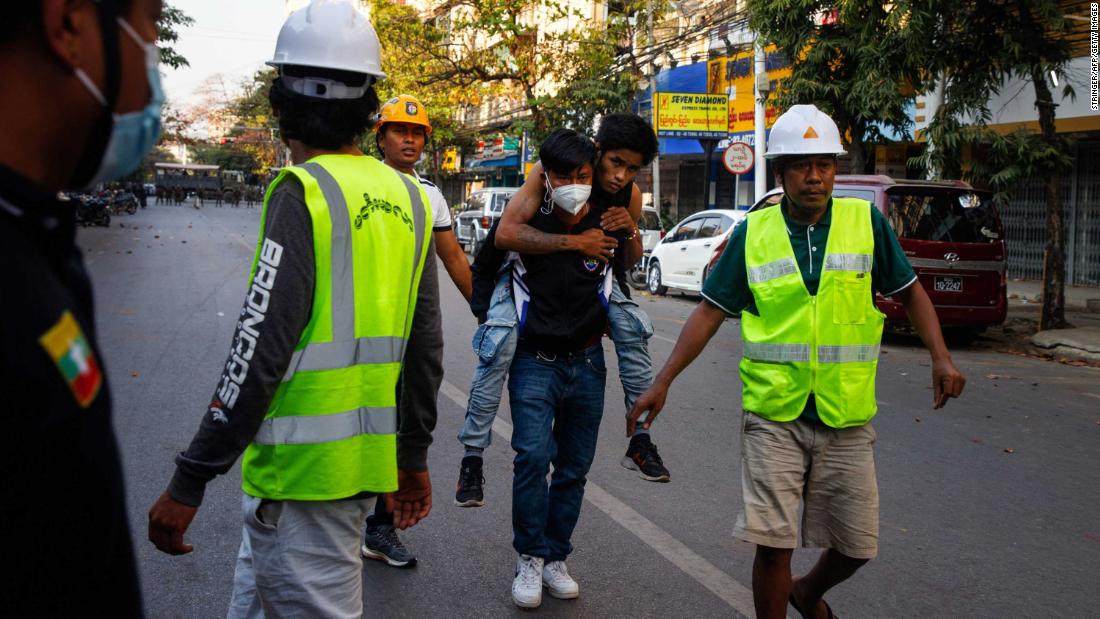
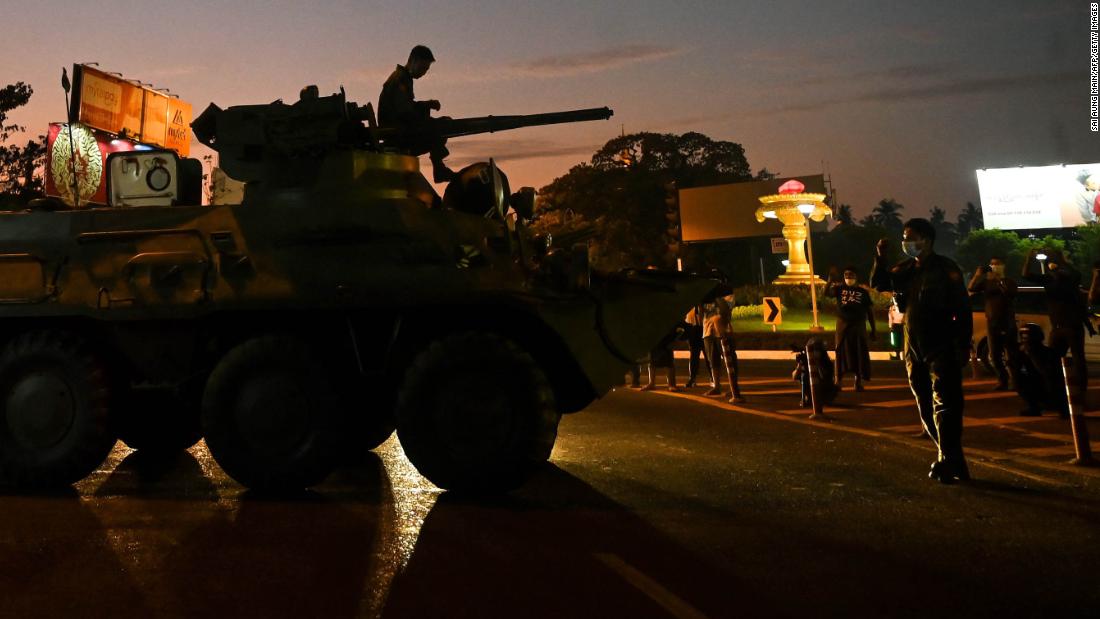
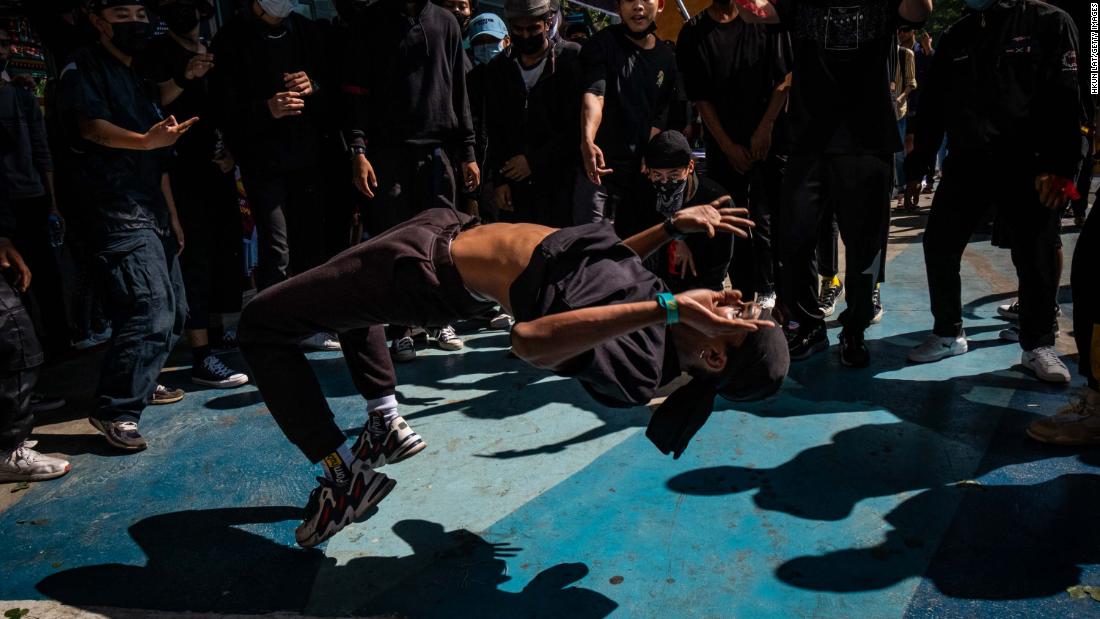
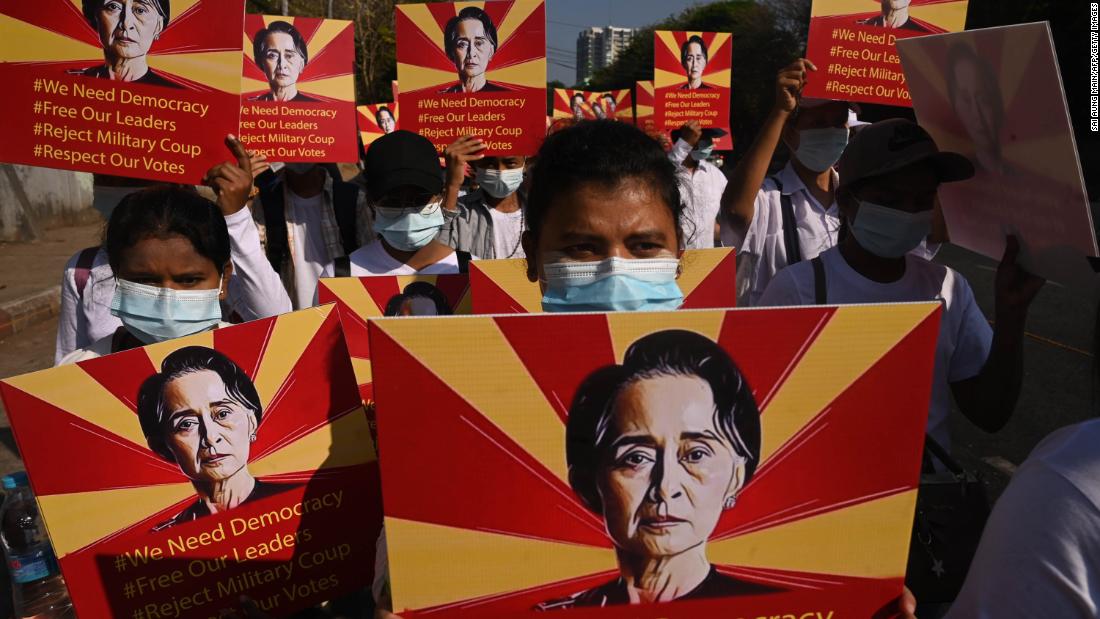
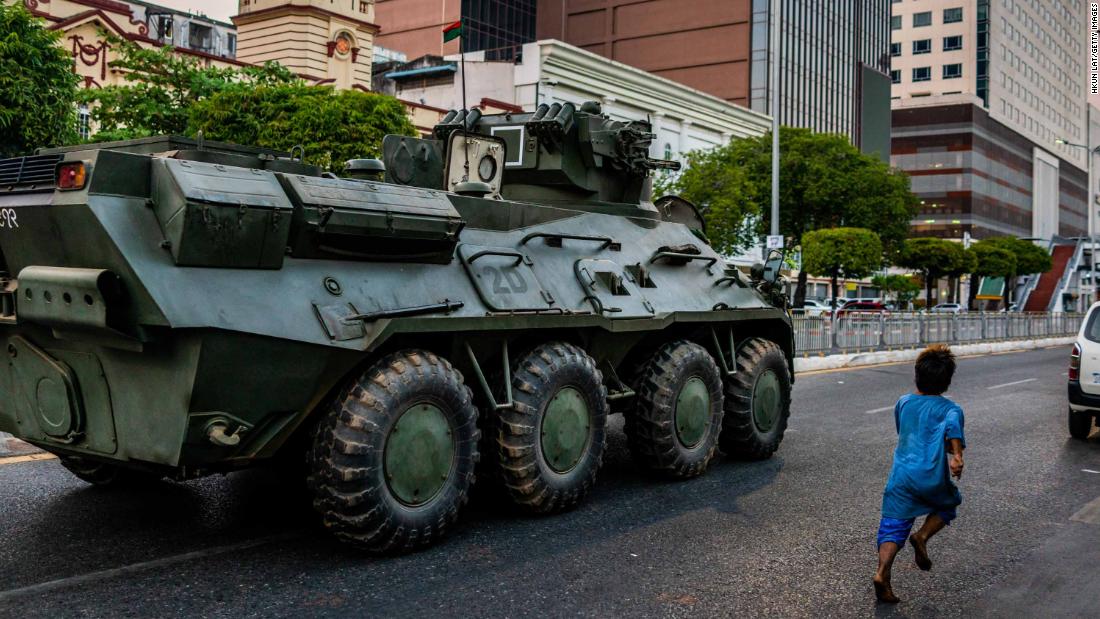
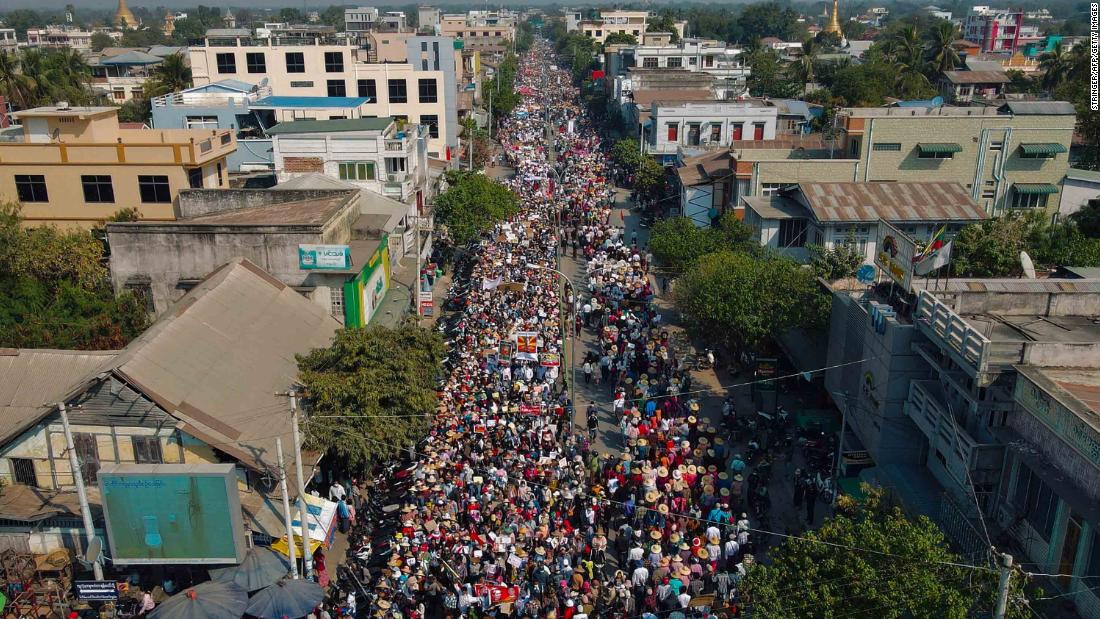
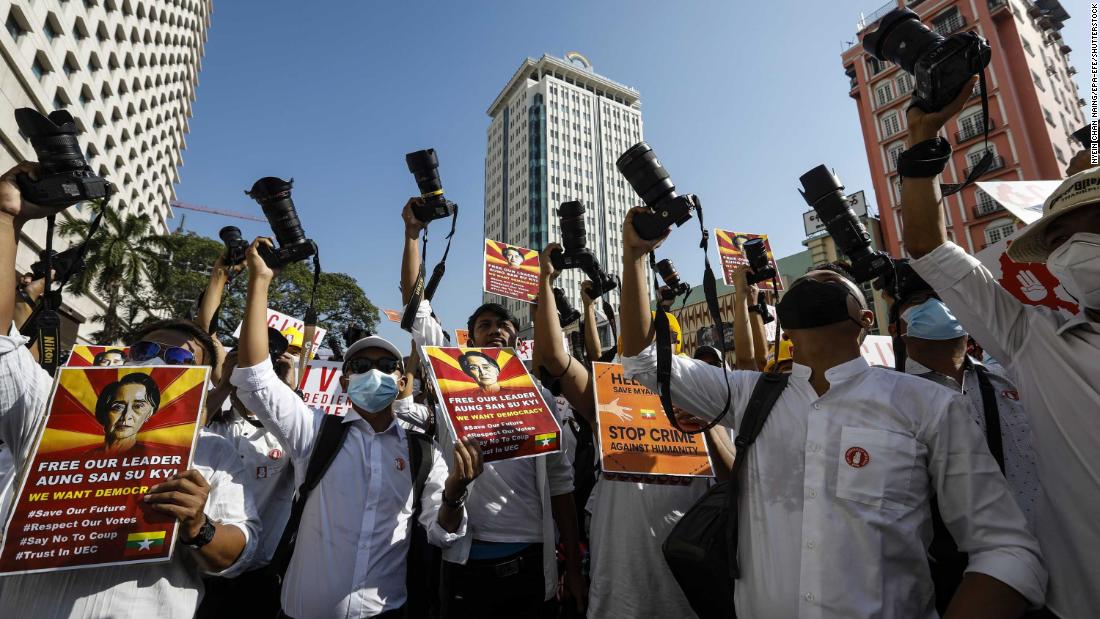
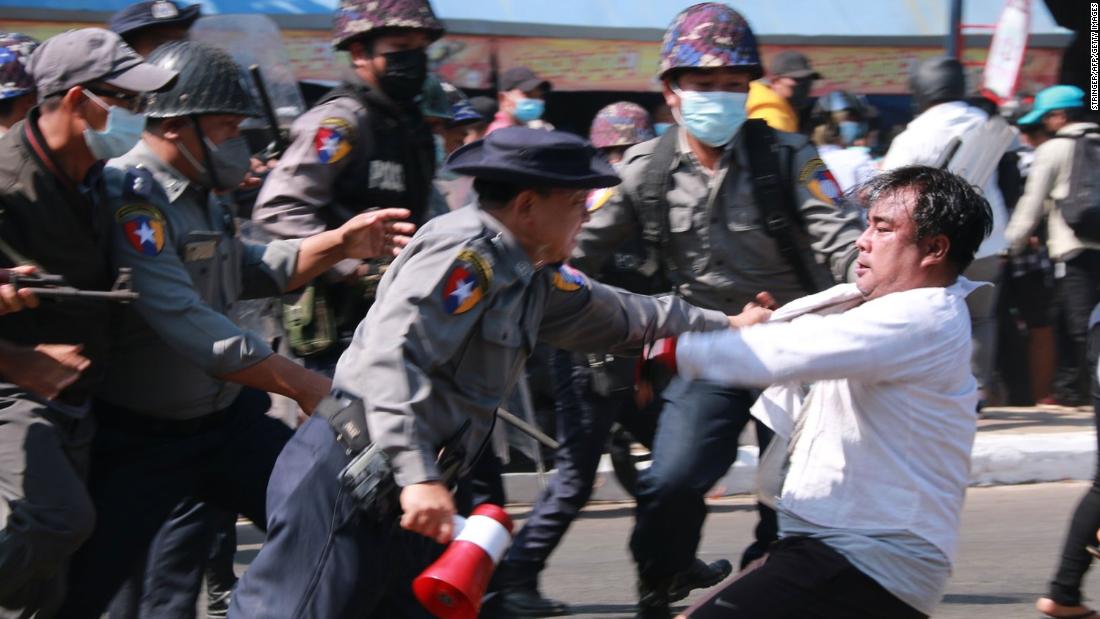
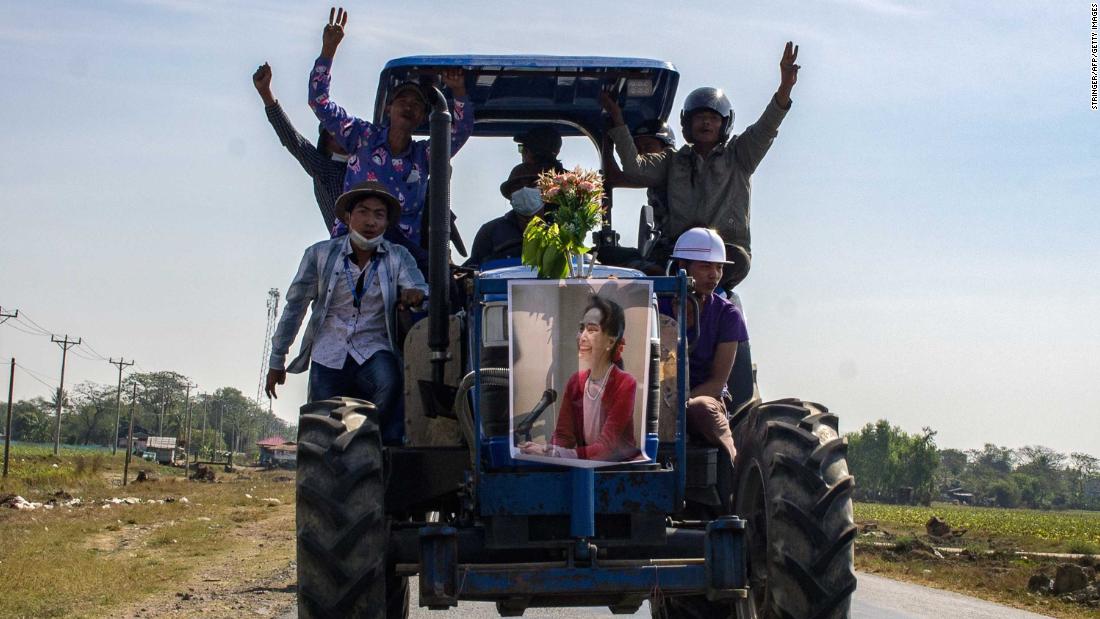
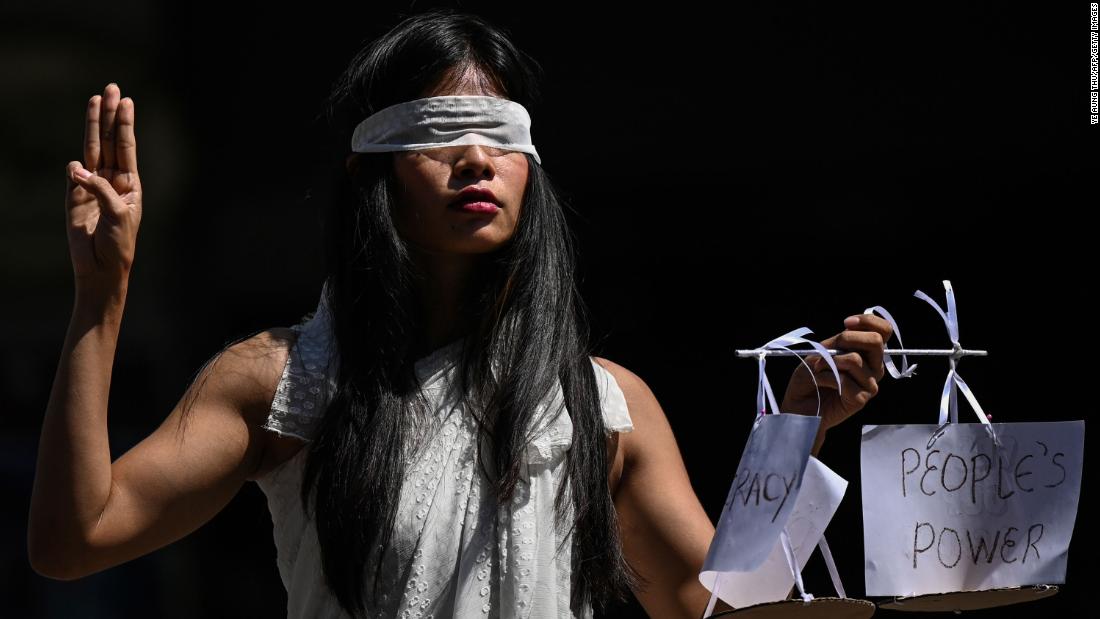
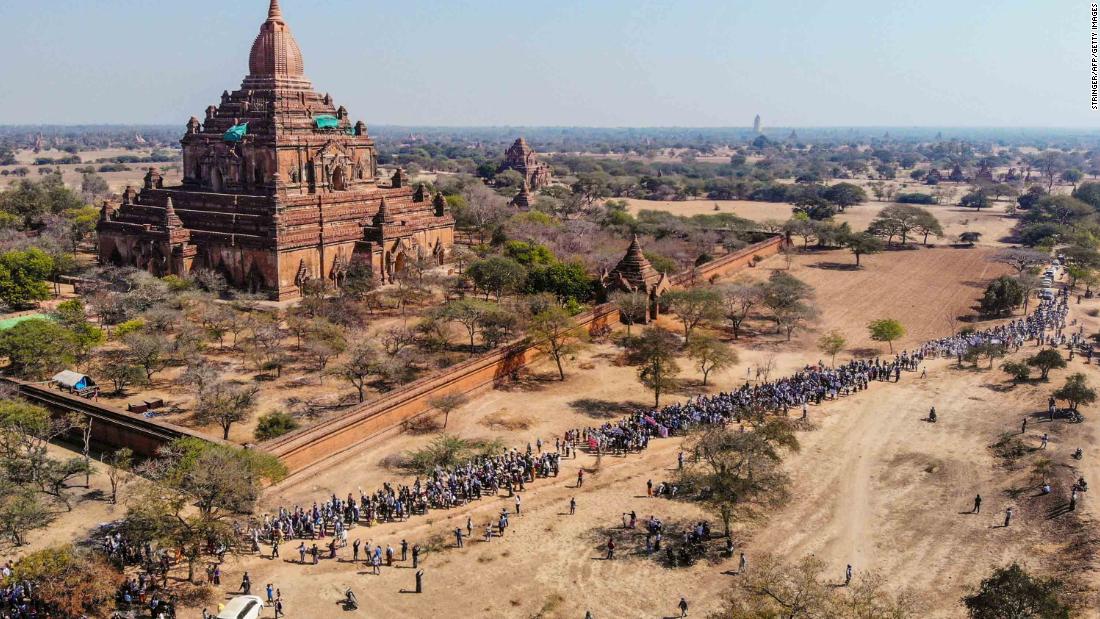
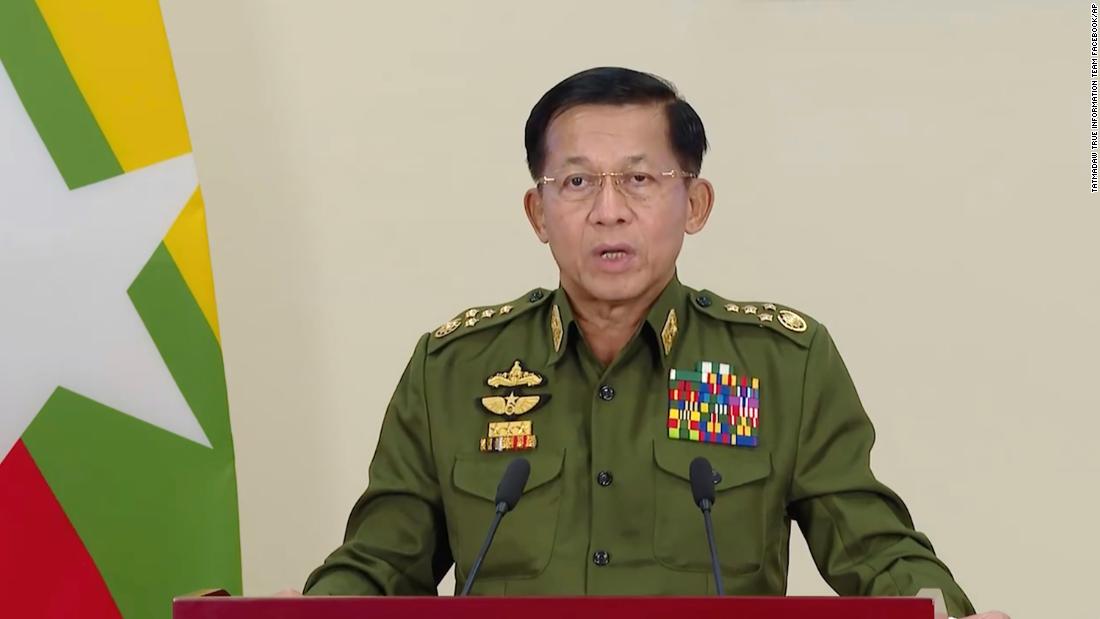
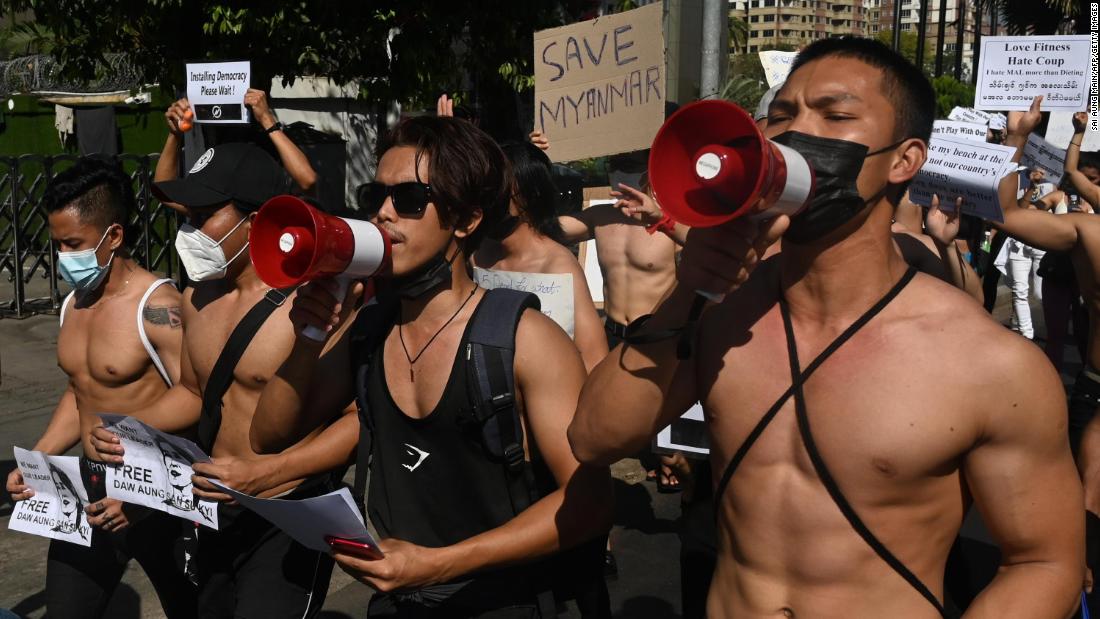
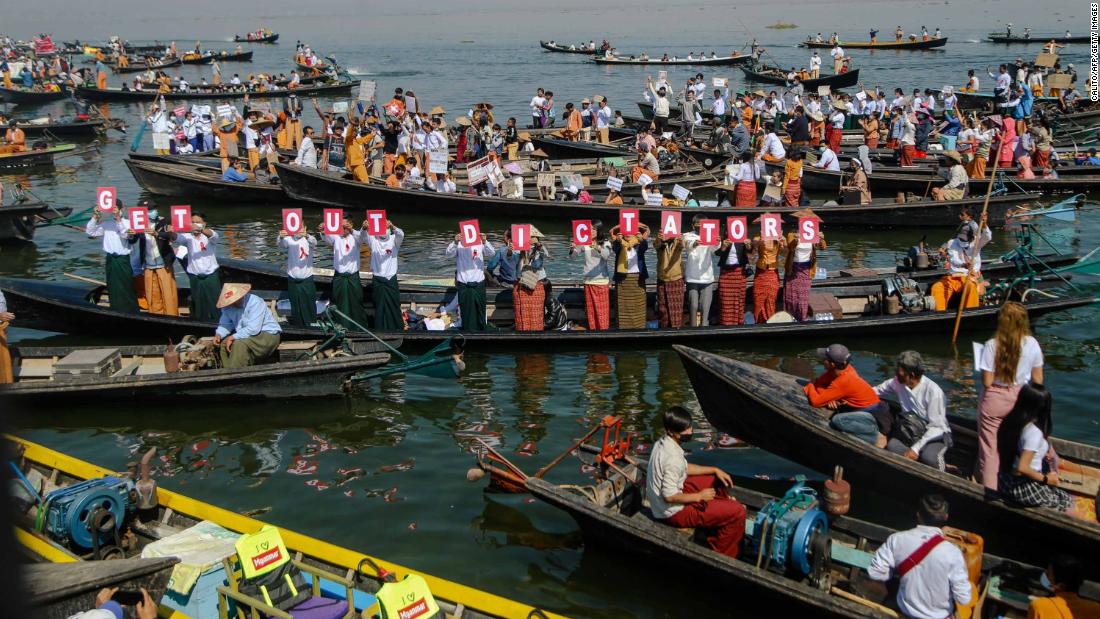
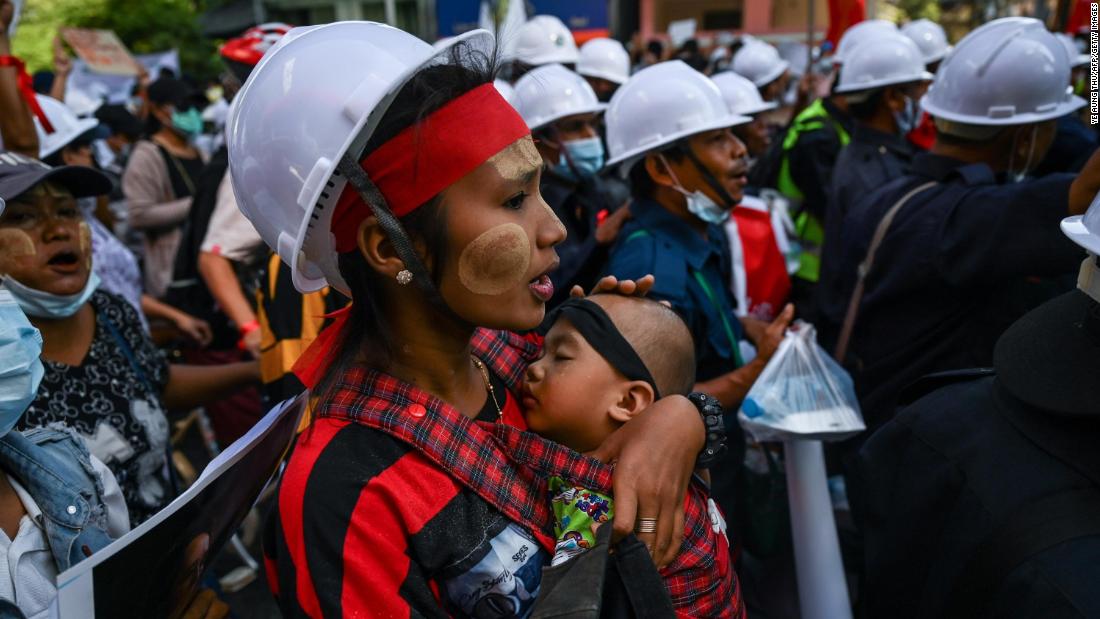
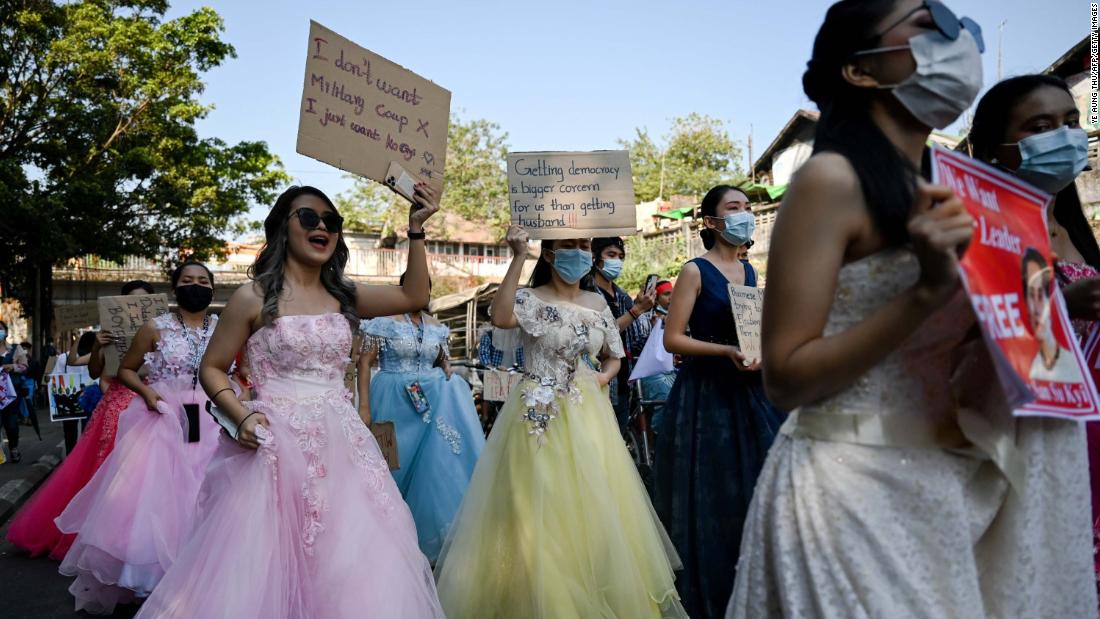
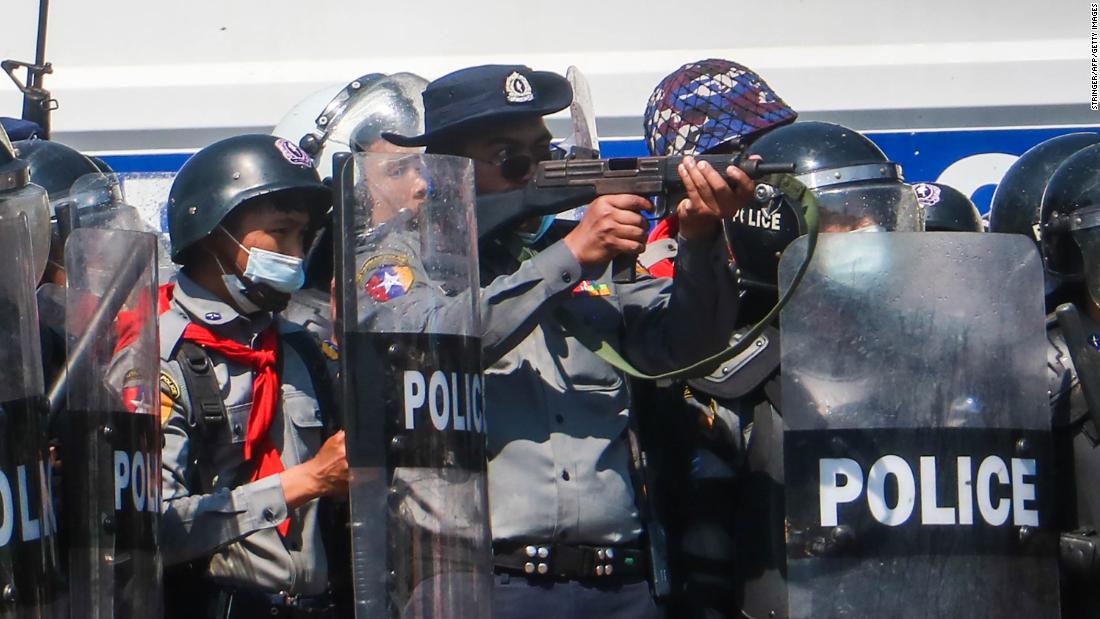
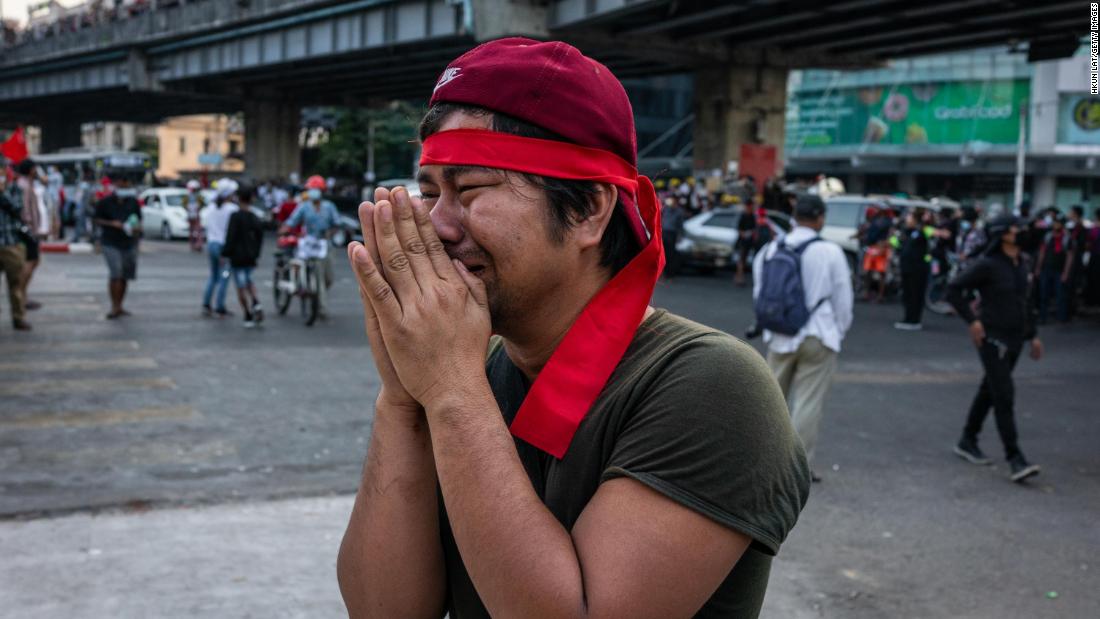
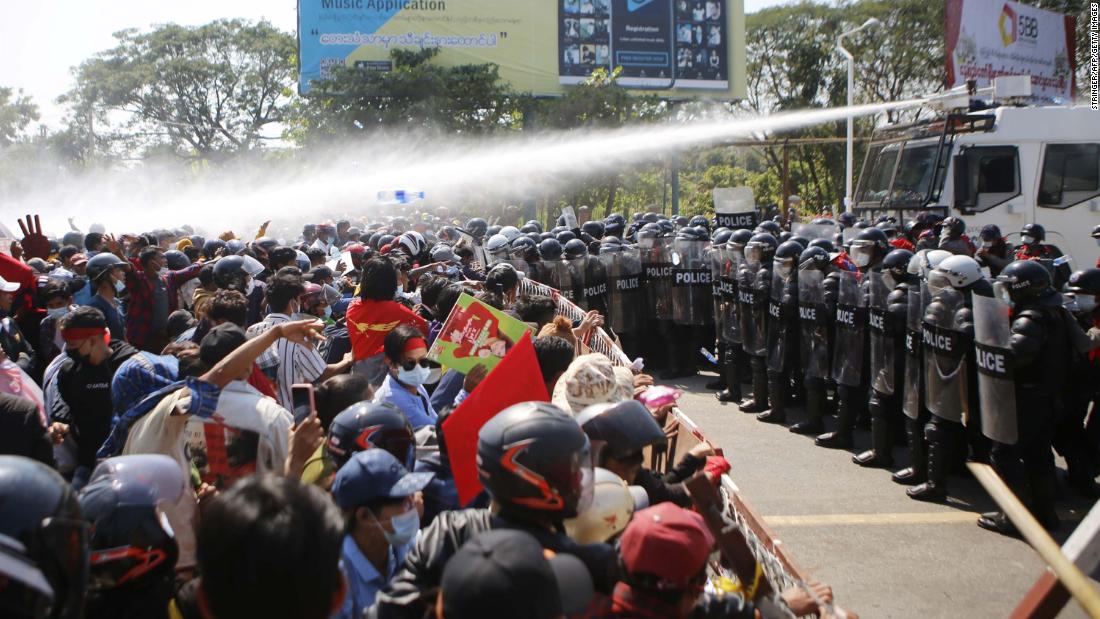
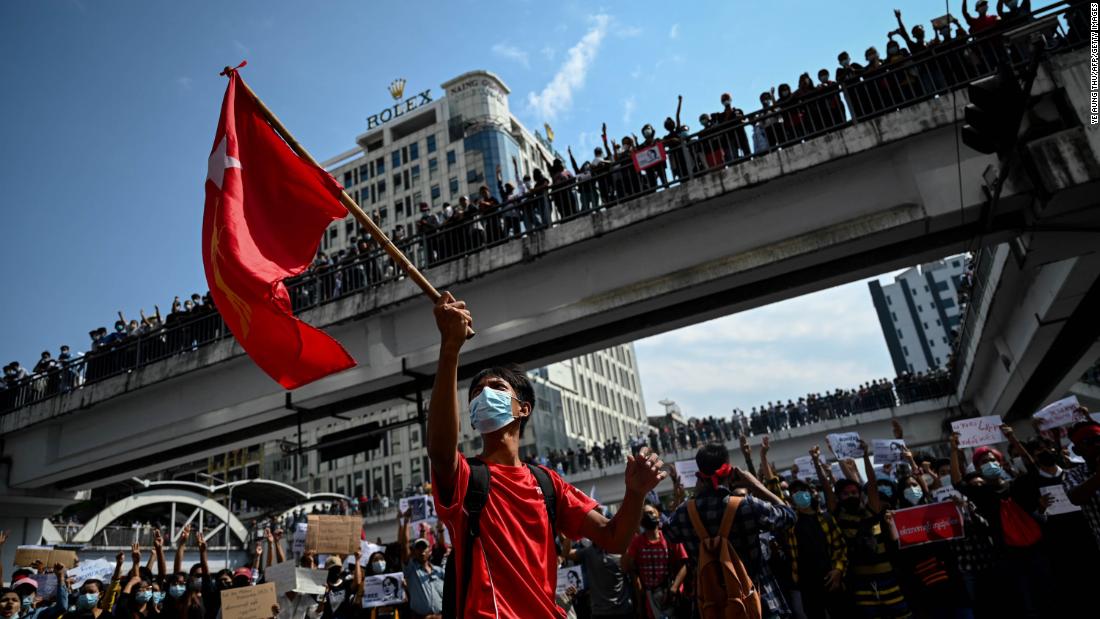
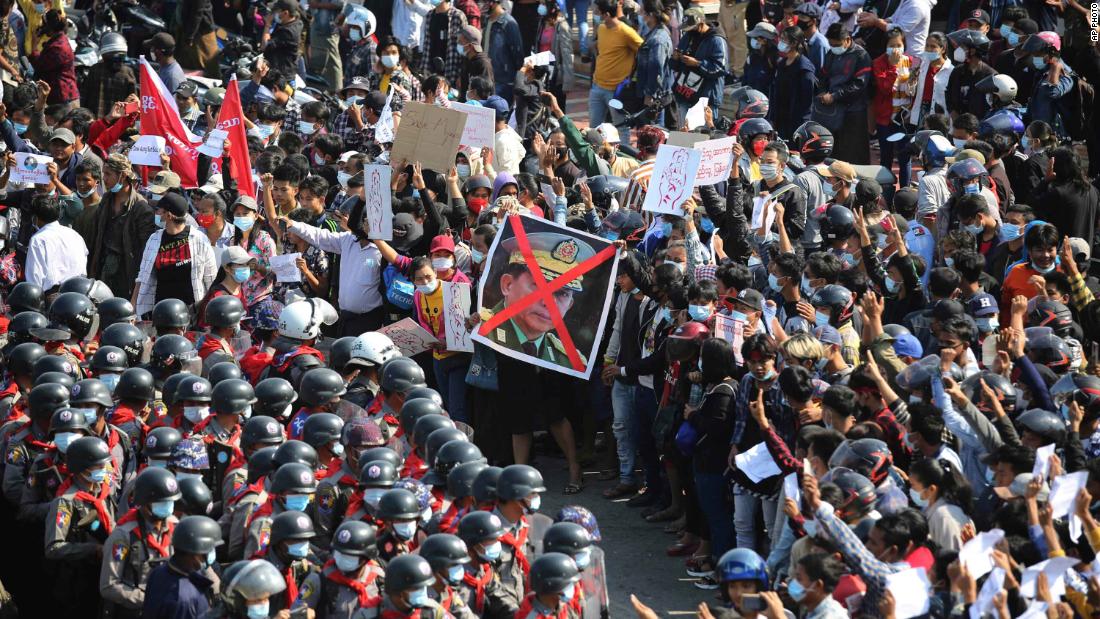
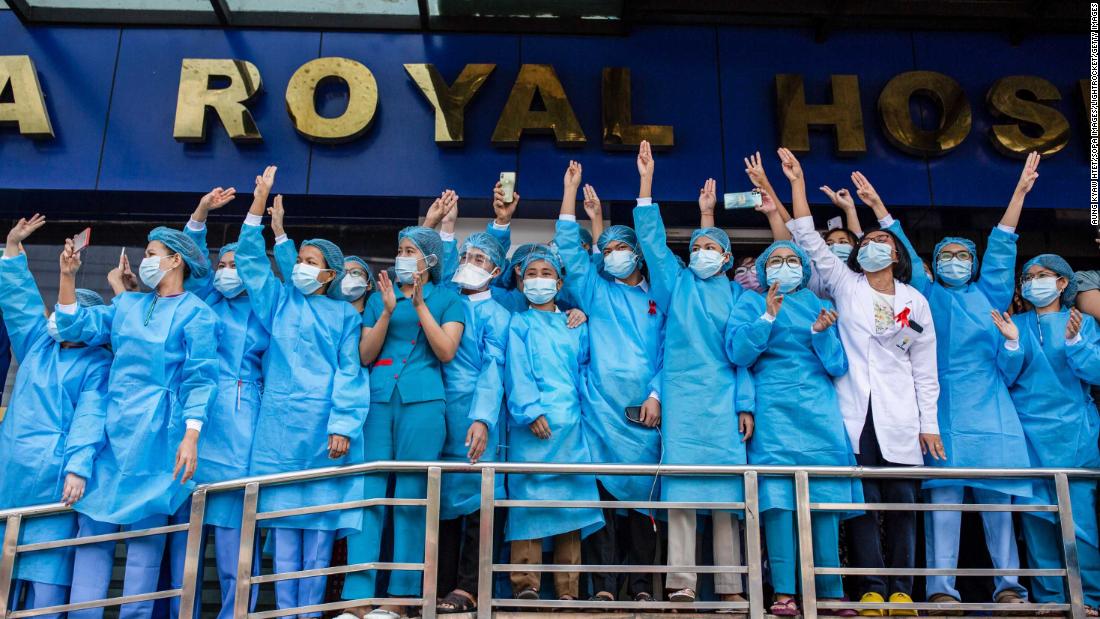
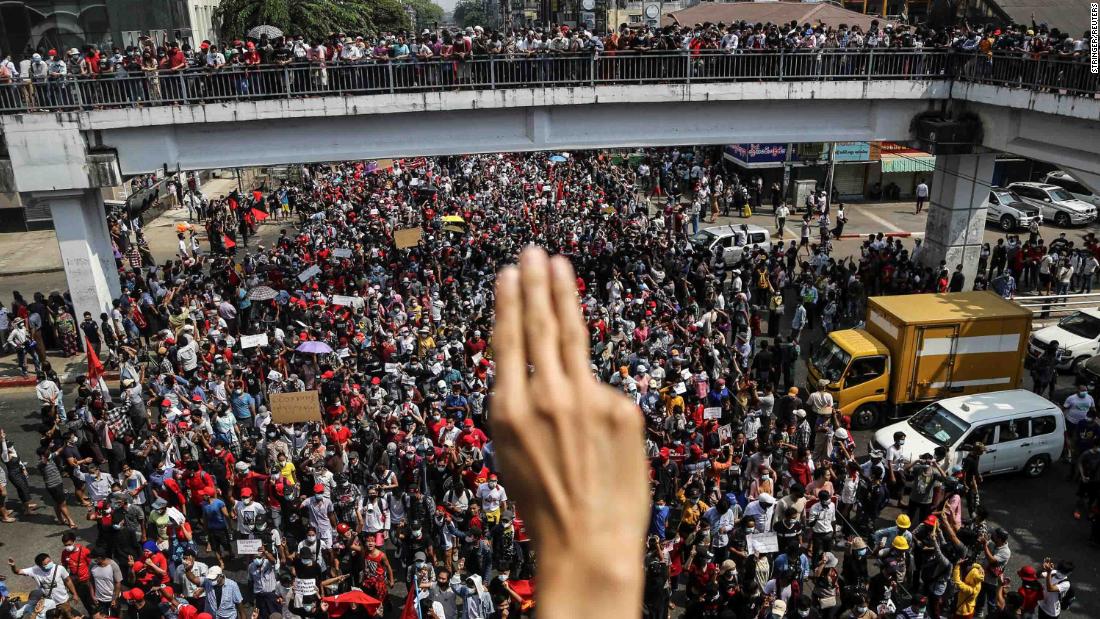
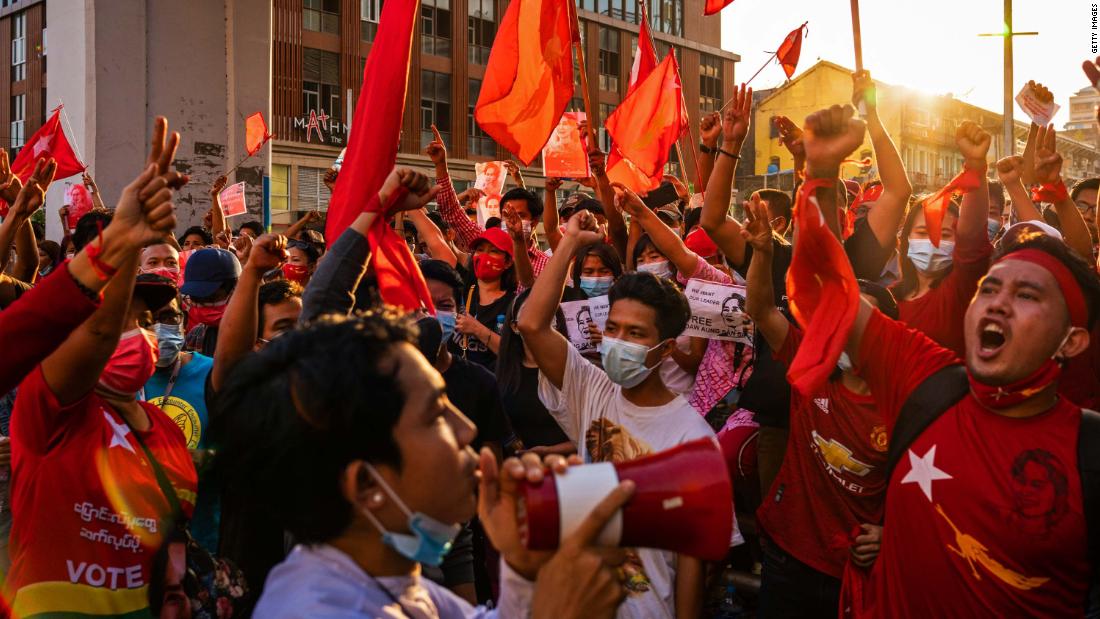
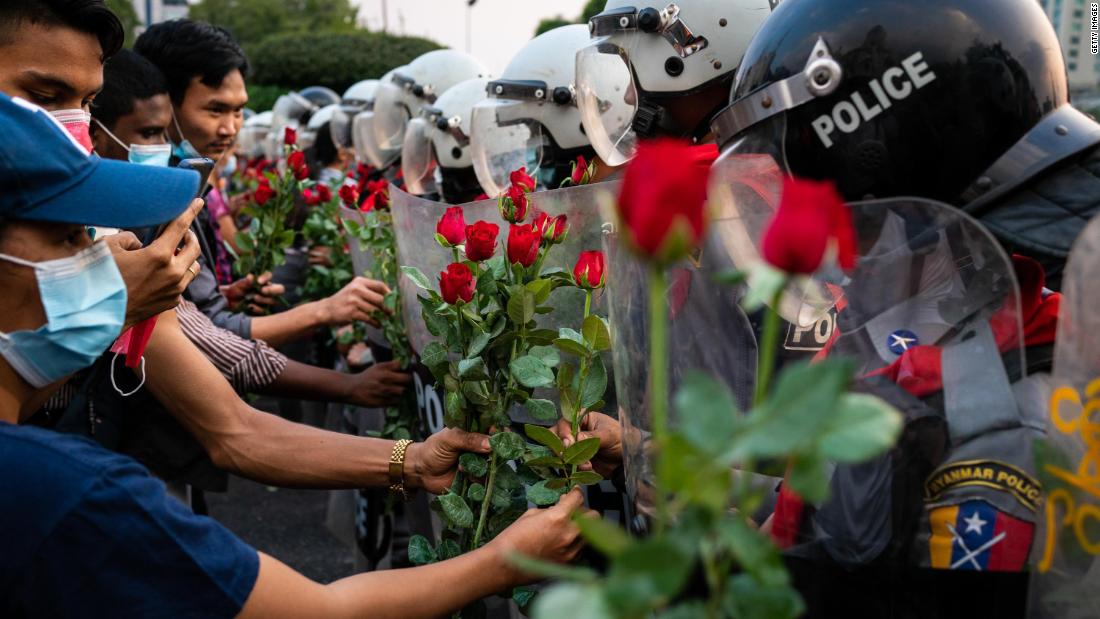
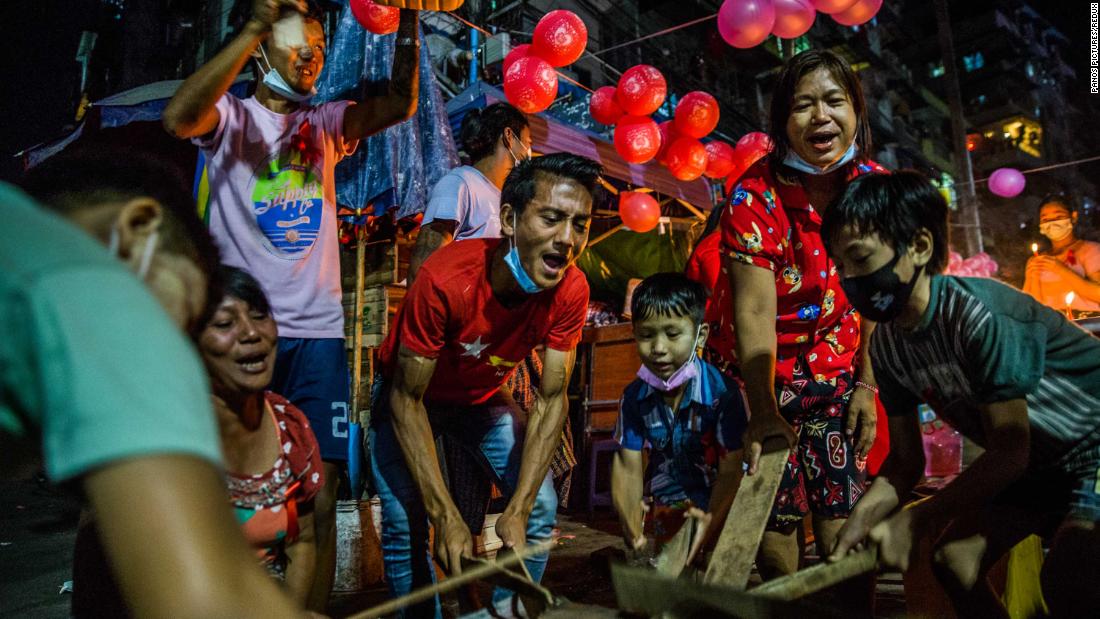
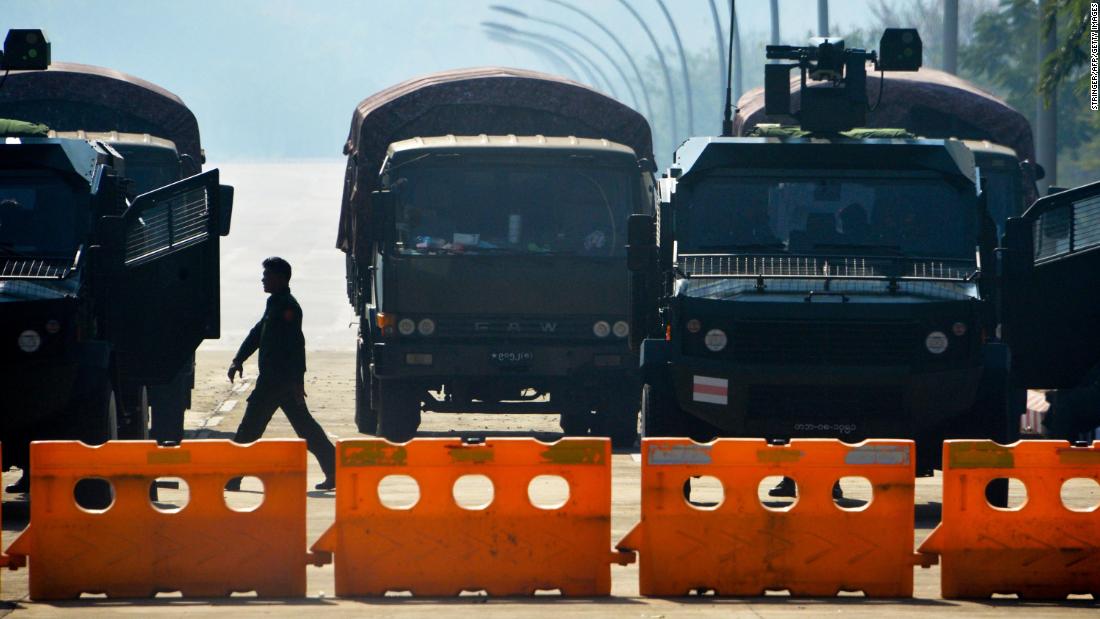
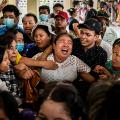
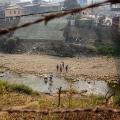
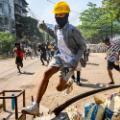
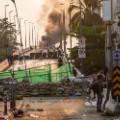
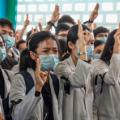
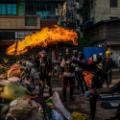
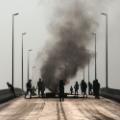
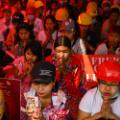
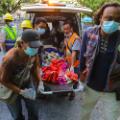
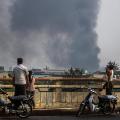
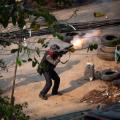
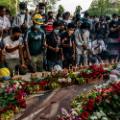
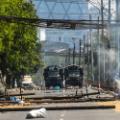
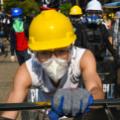
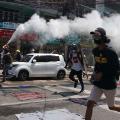
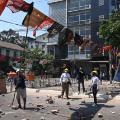
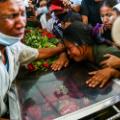

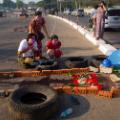
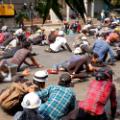
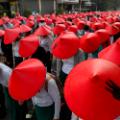
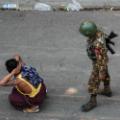
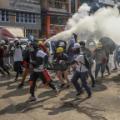
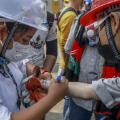
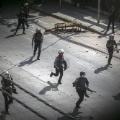
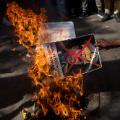
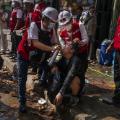
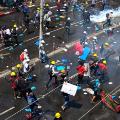
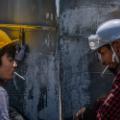
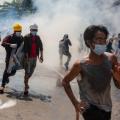
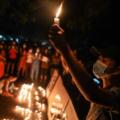
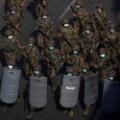
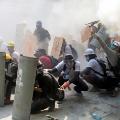
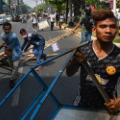
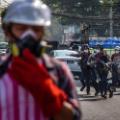
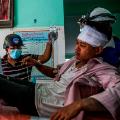
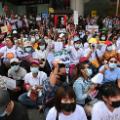
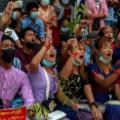
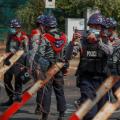
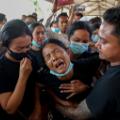
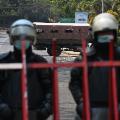
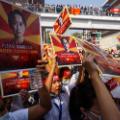
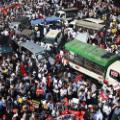
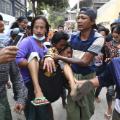
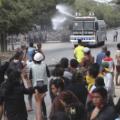
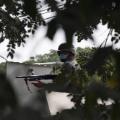
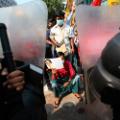

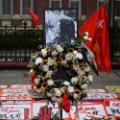
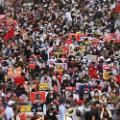

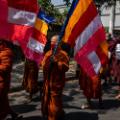
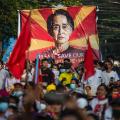
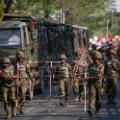

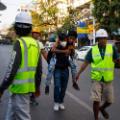
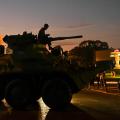
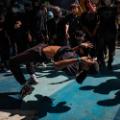
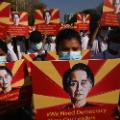
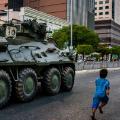
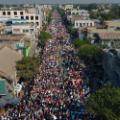
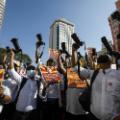
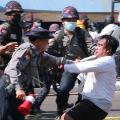
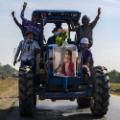

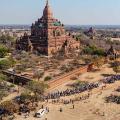
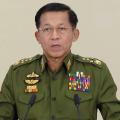
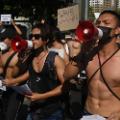

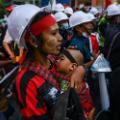

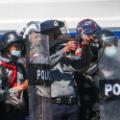
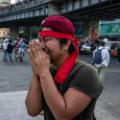
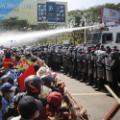
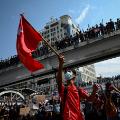
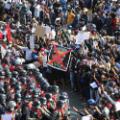
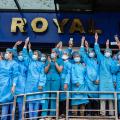
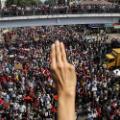
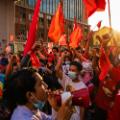
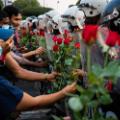

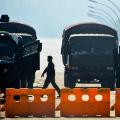
It comes as the junta charged the UN Envoy representing Myanmar’s now disbanded parliament with treason, a charge that carries the death penalty.
In response, Dr. Sasa, who is out of the country, said he is “proud to have been charged with treason by the military junta,” in a statement posted on his Twitter account Tuesday.
“It is these generals that have committed acts of treason every day. Taking what they want for themselves, denying the people their rights, and oppressing those that stand in their way,” he said.
The impact of the coup and civil disobedience movement, which has disrupted parts of the country’s economy, is starting to sting. On Tuesday, the UN World Food Programme said rising food and fuel prices are undermining the ability of the poorest in the country to feed themselves and their families.
“These rising food and fuel prices are compounded by the near paralysis of the banking sector, slowdowns in remittances, and widespread limits on cash availability,” the WFP said.
Source: Read Full Article

